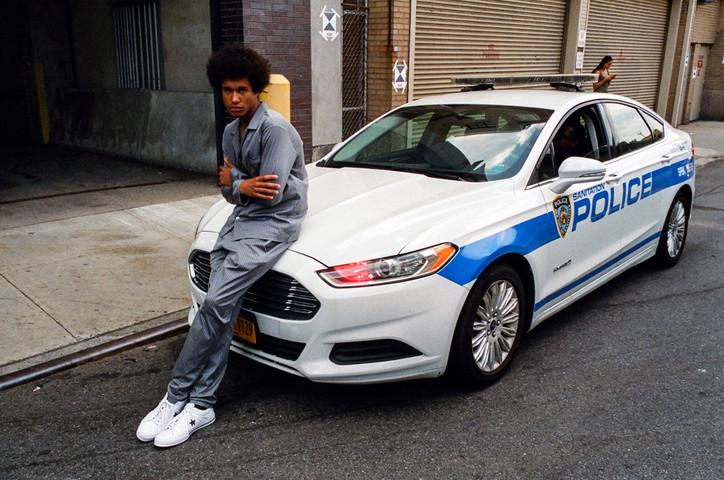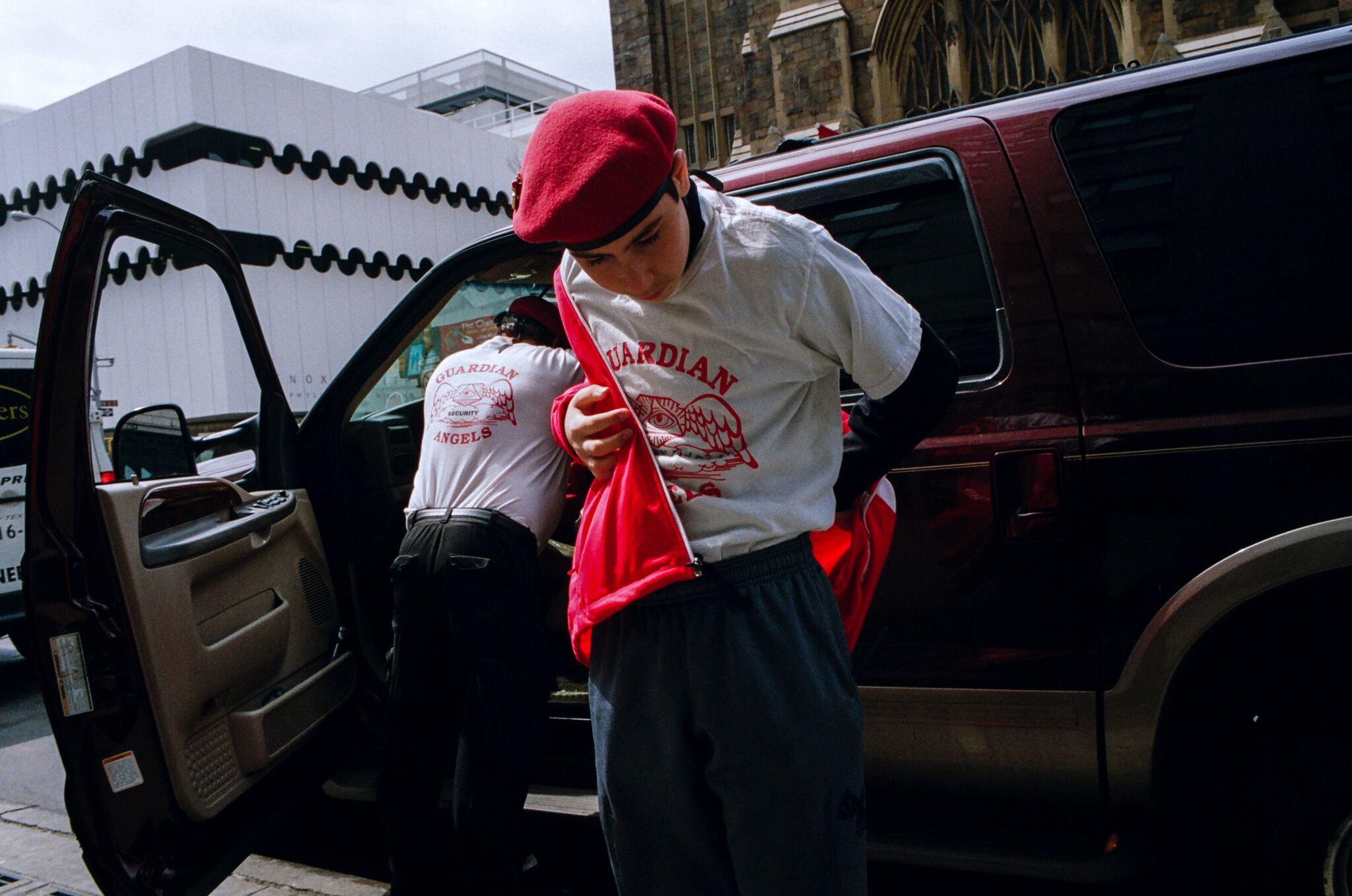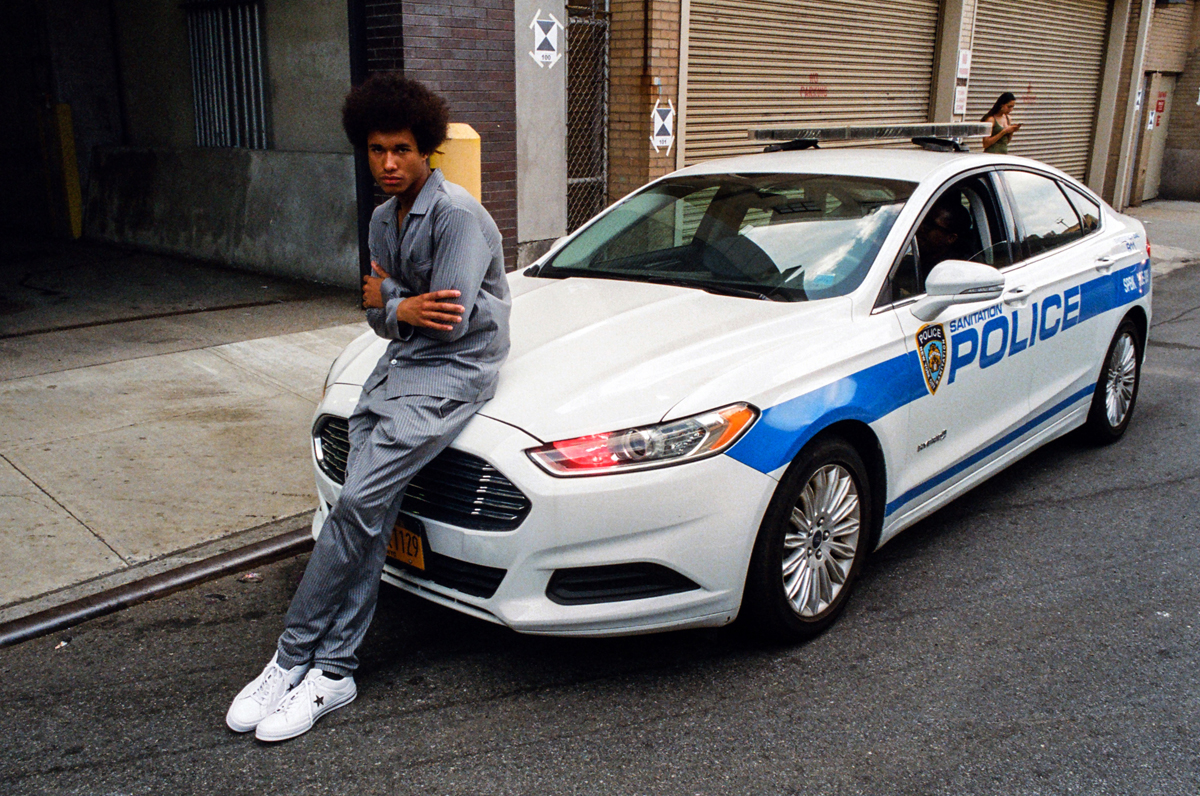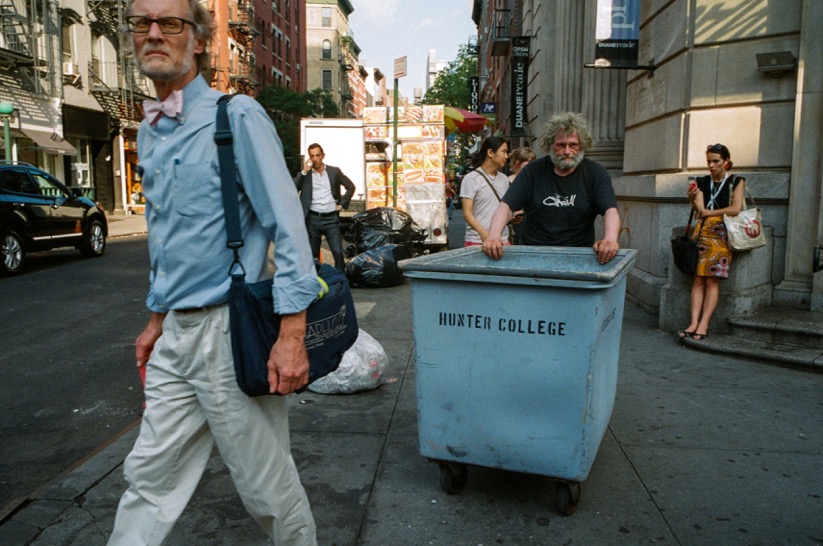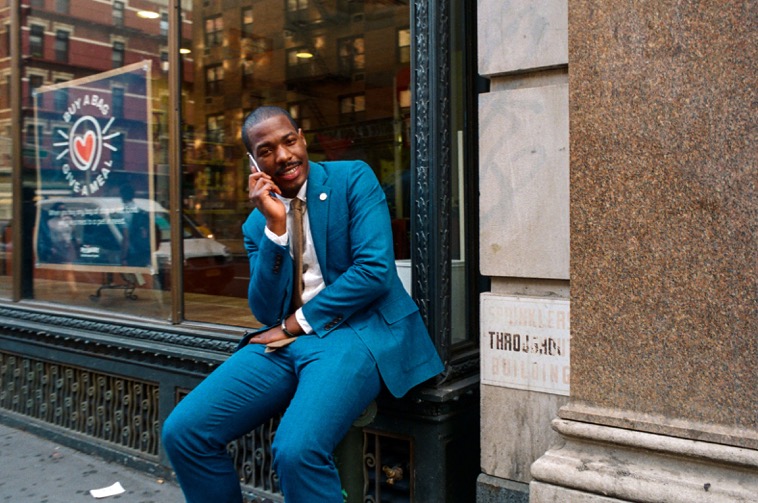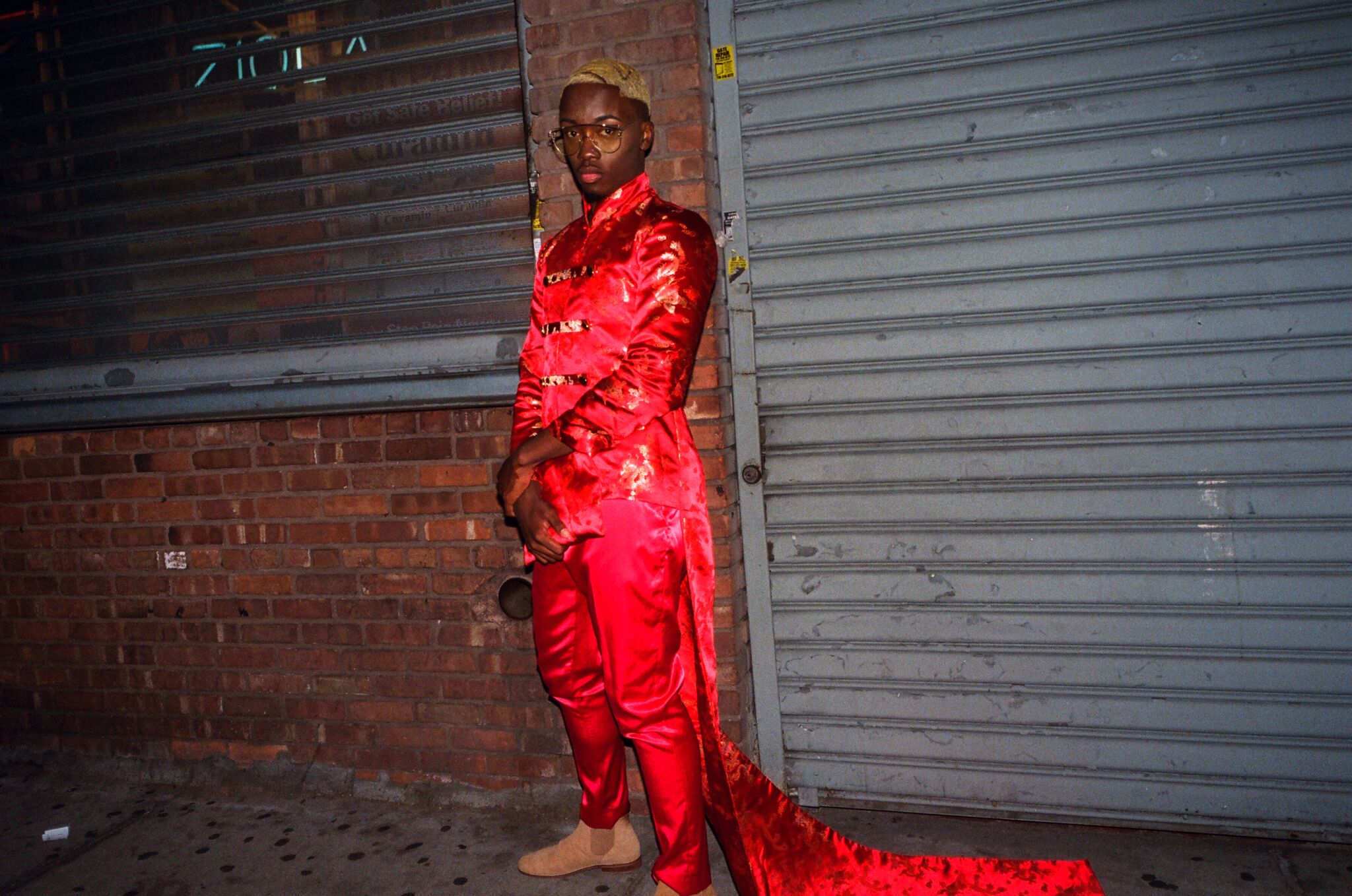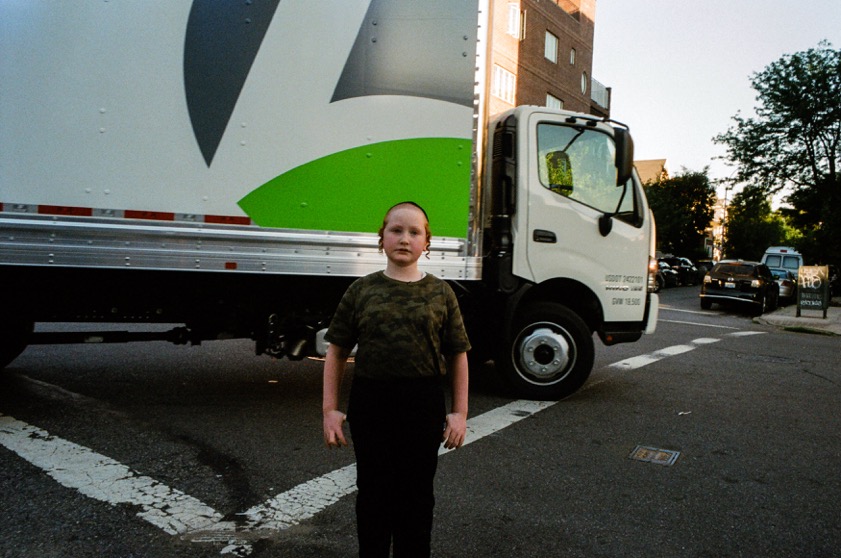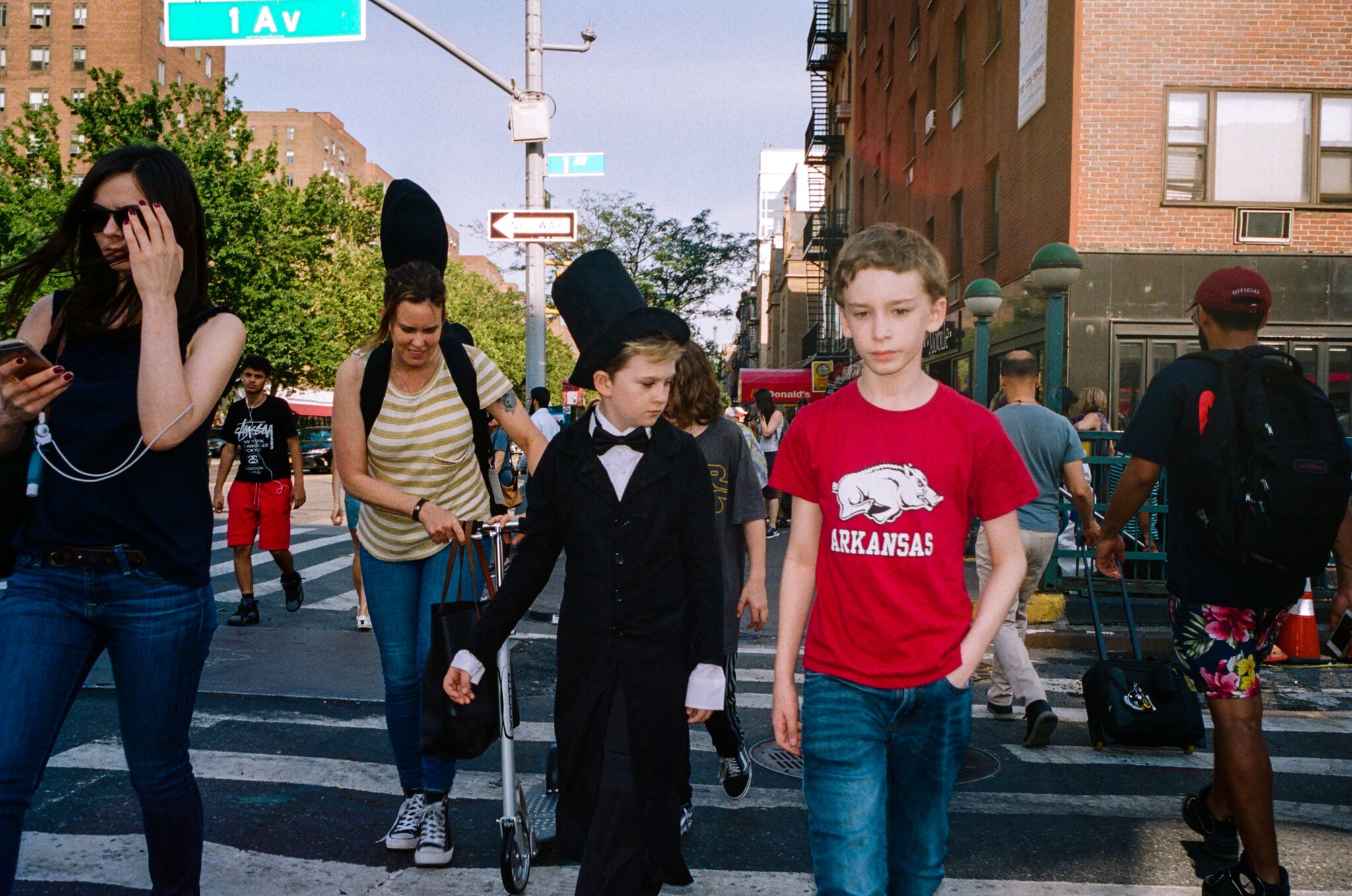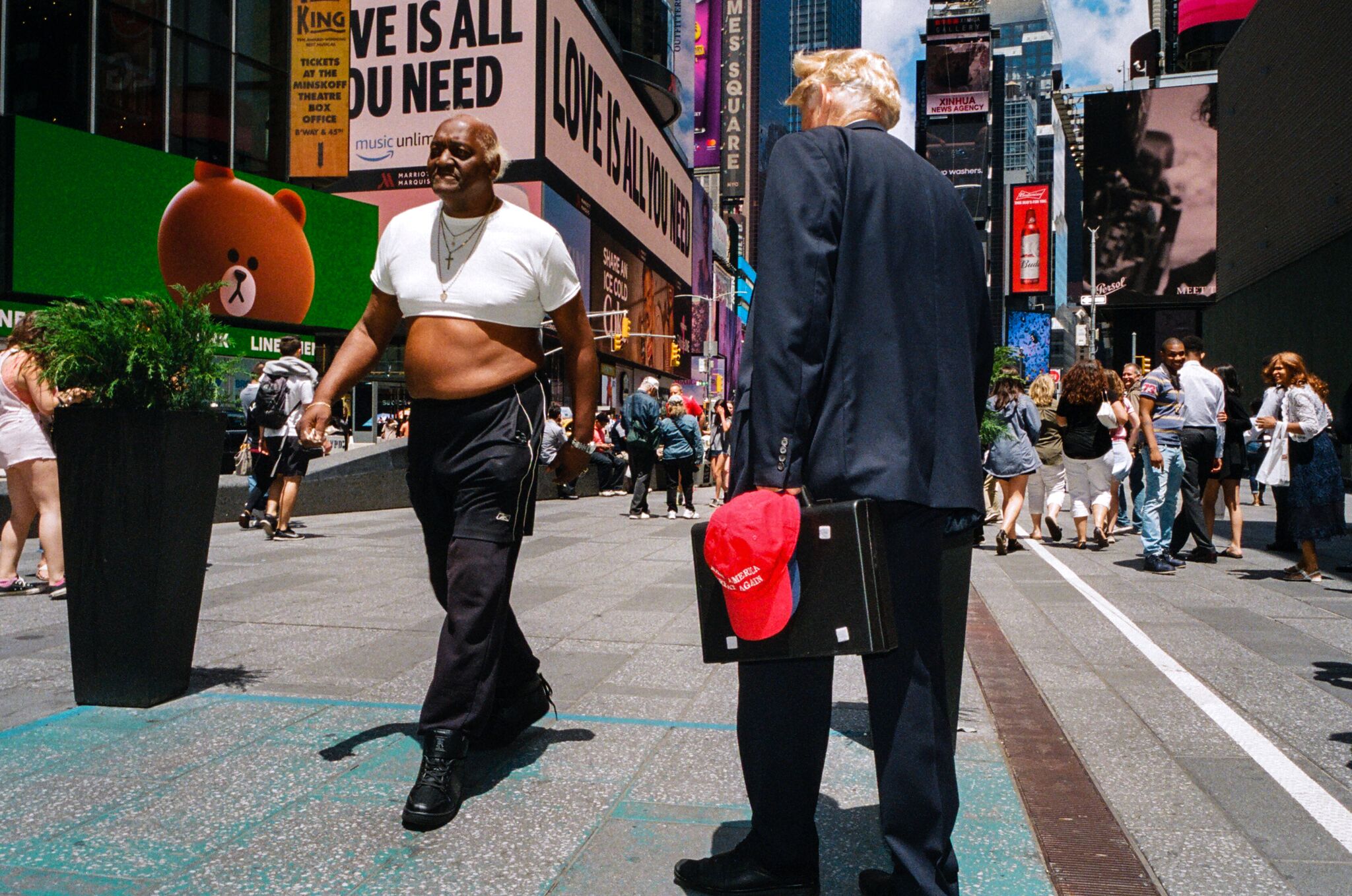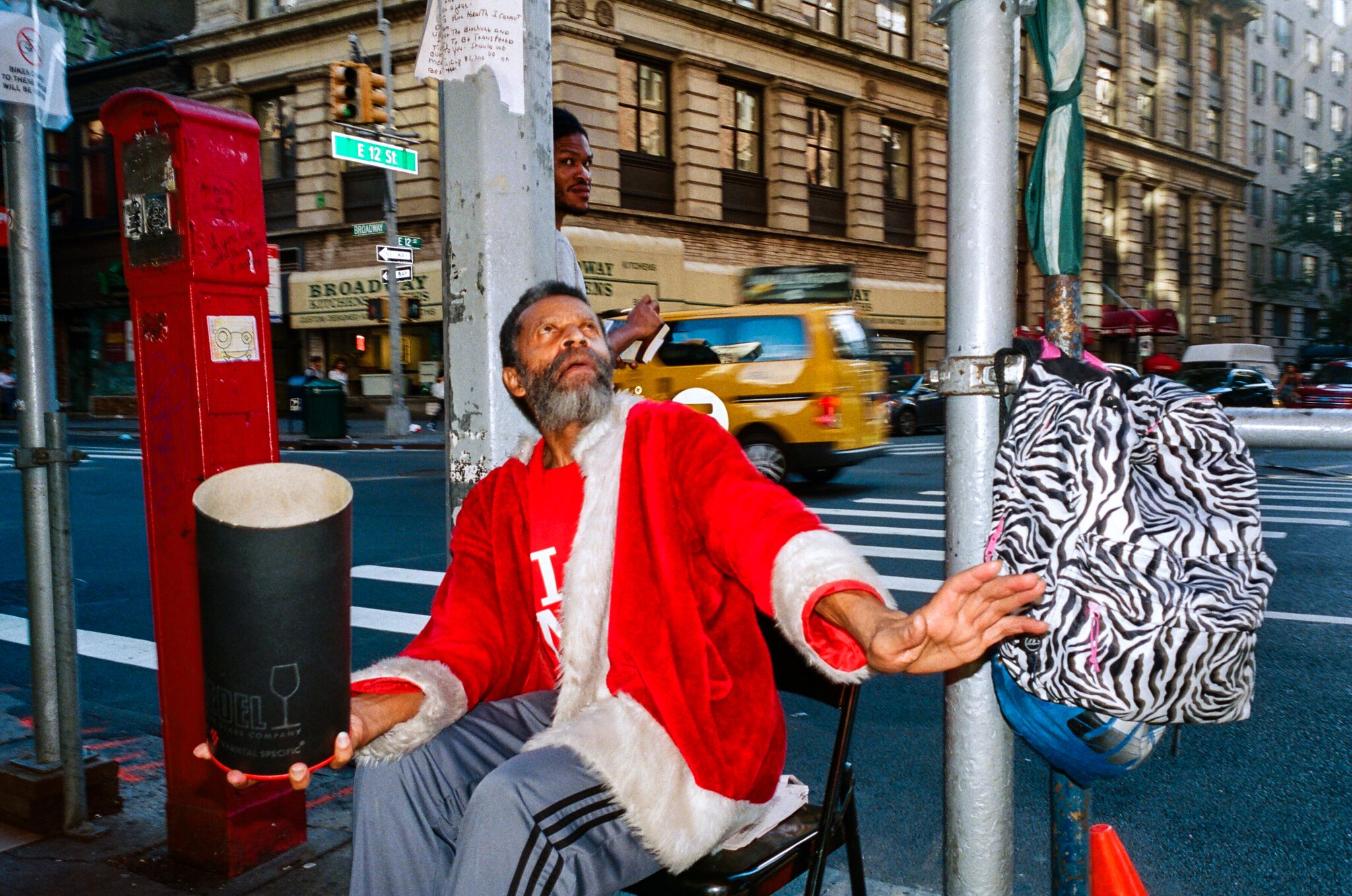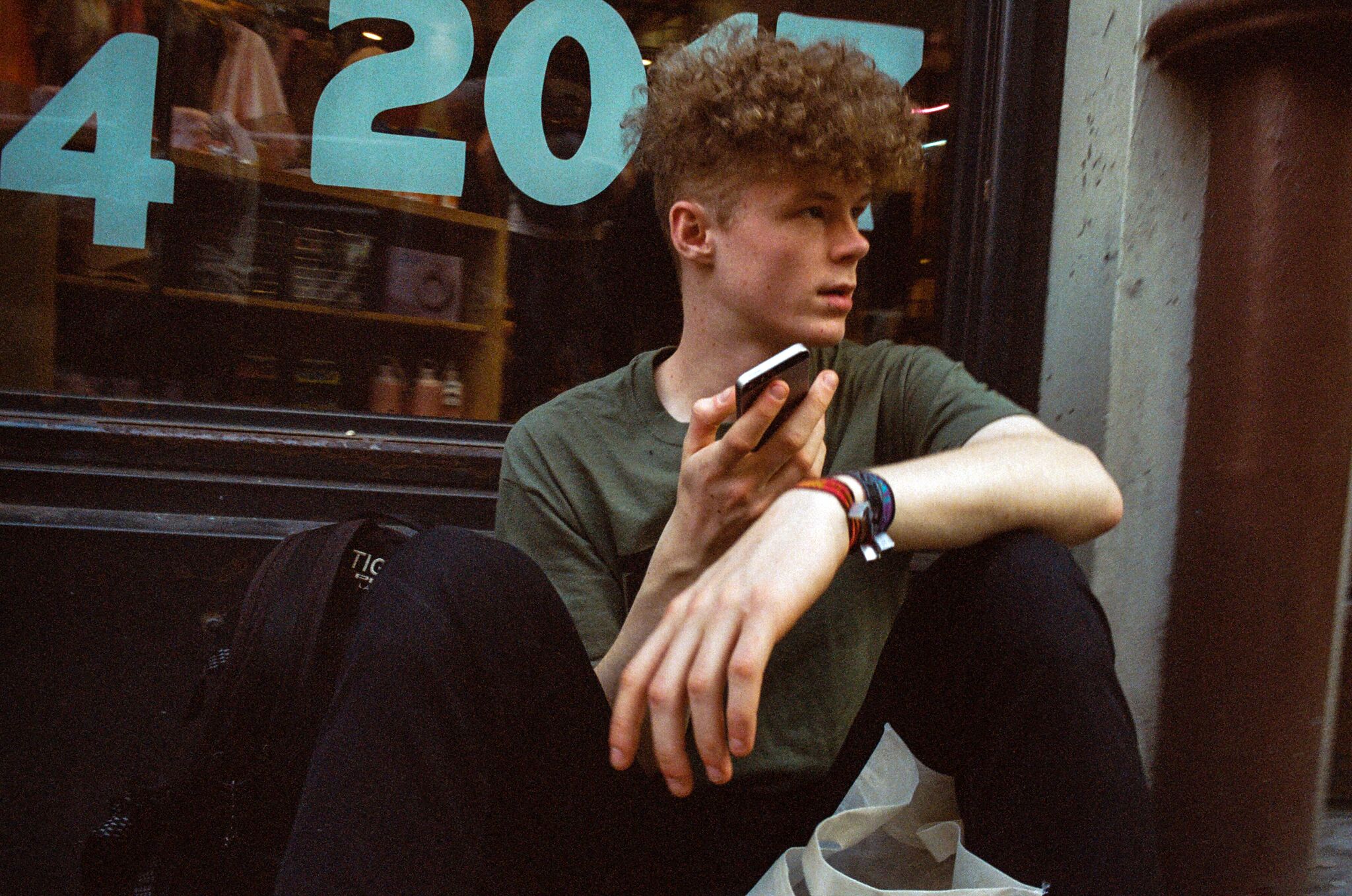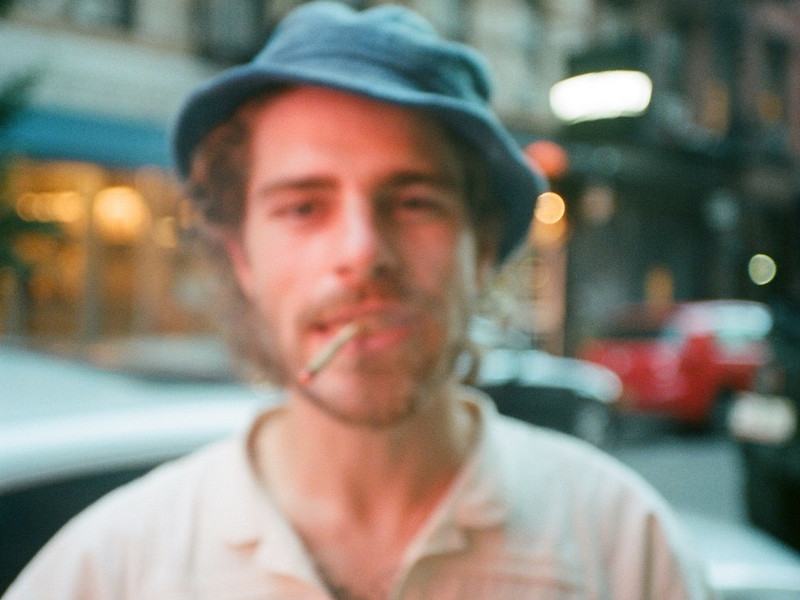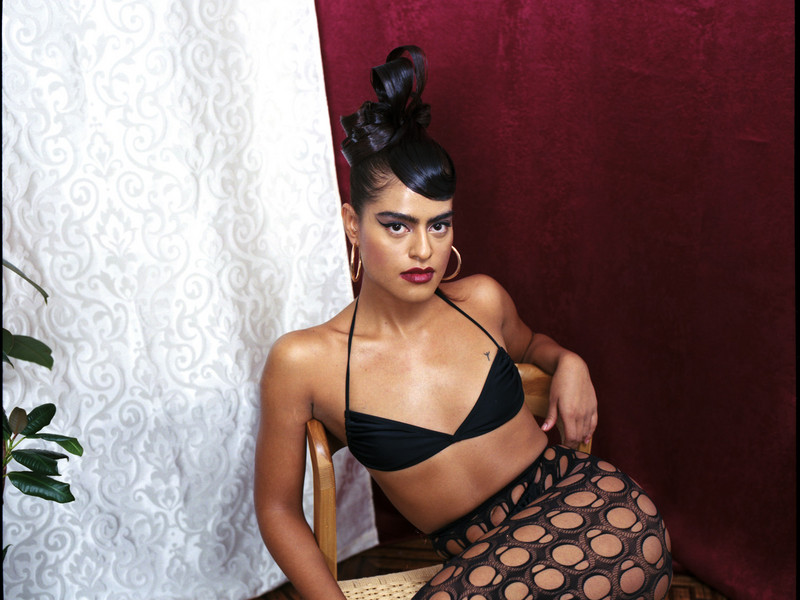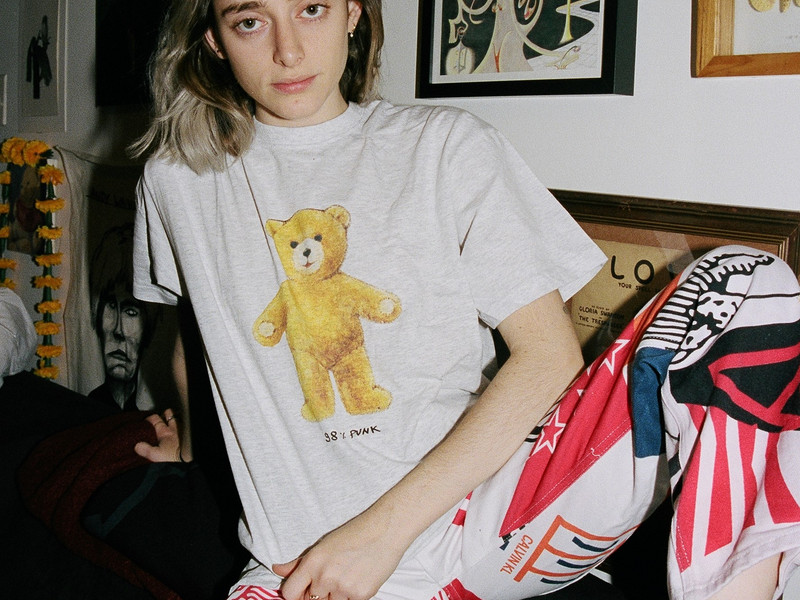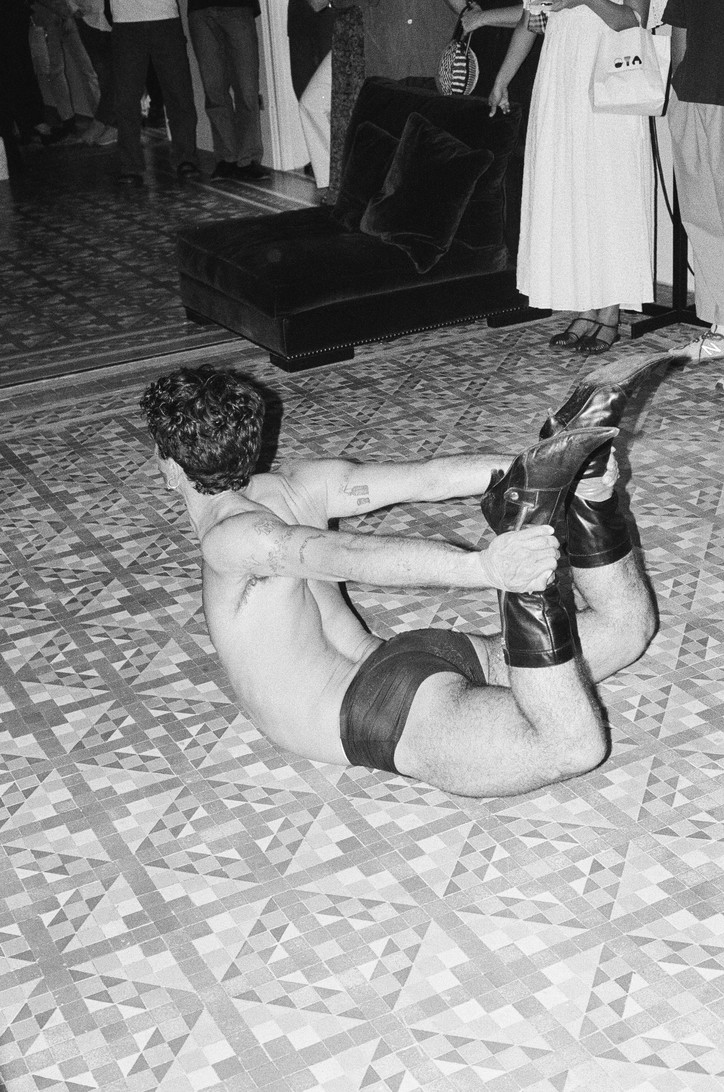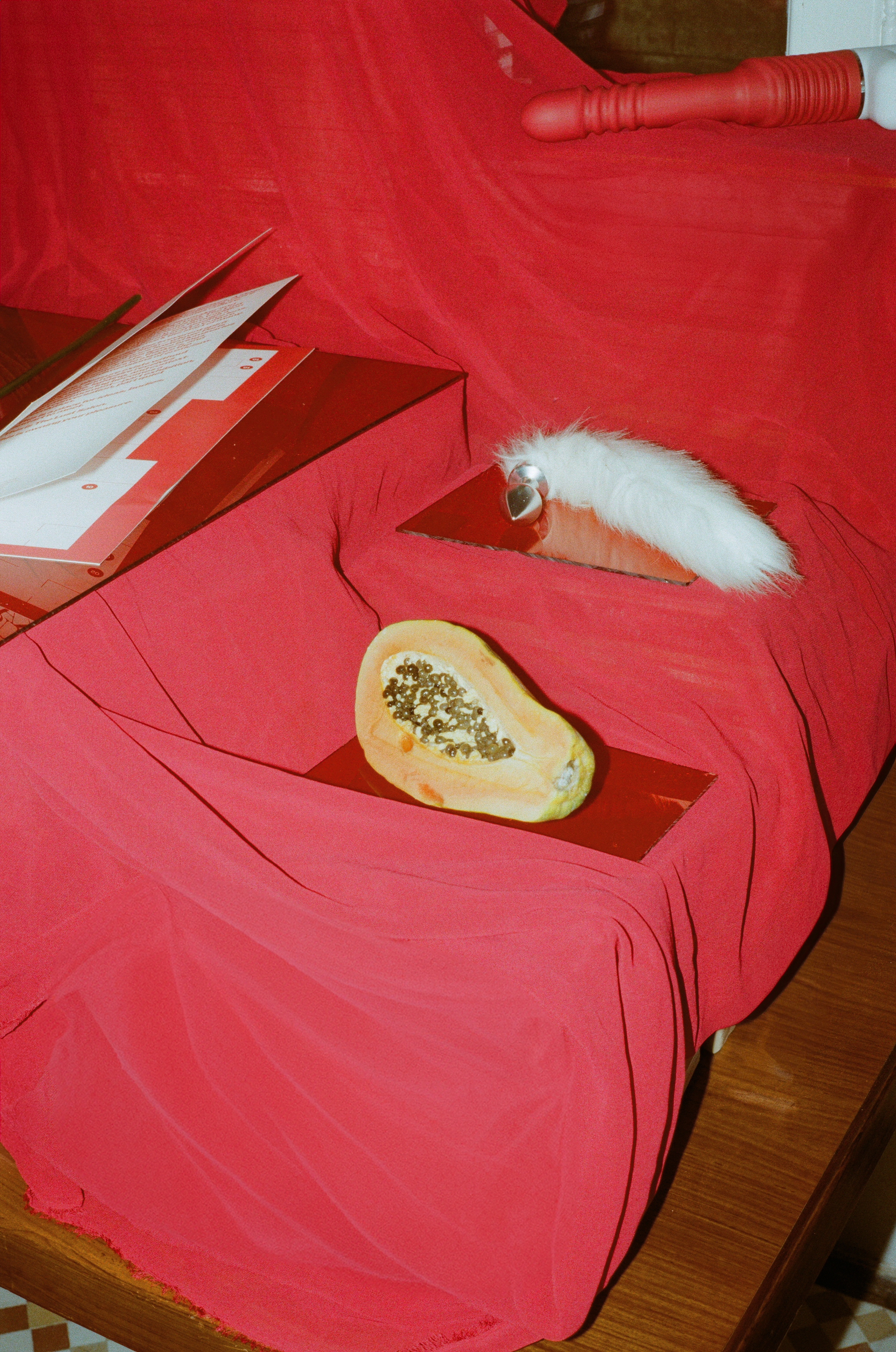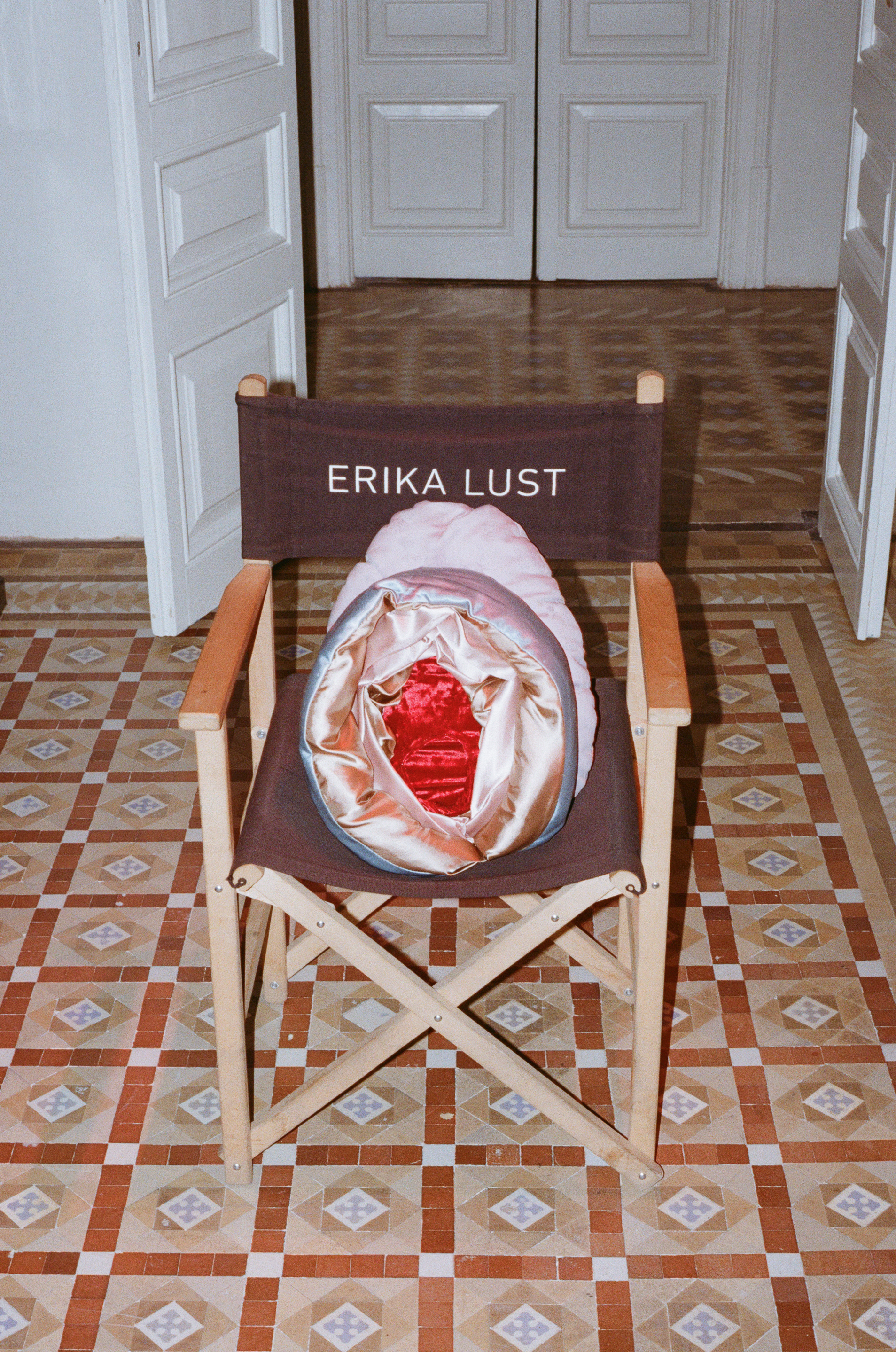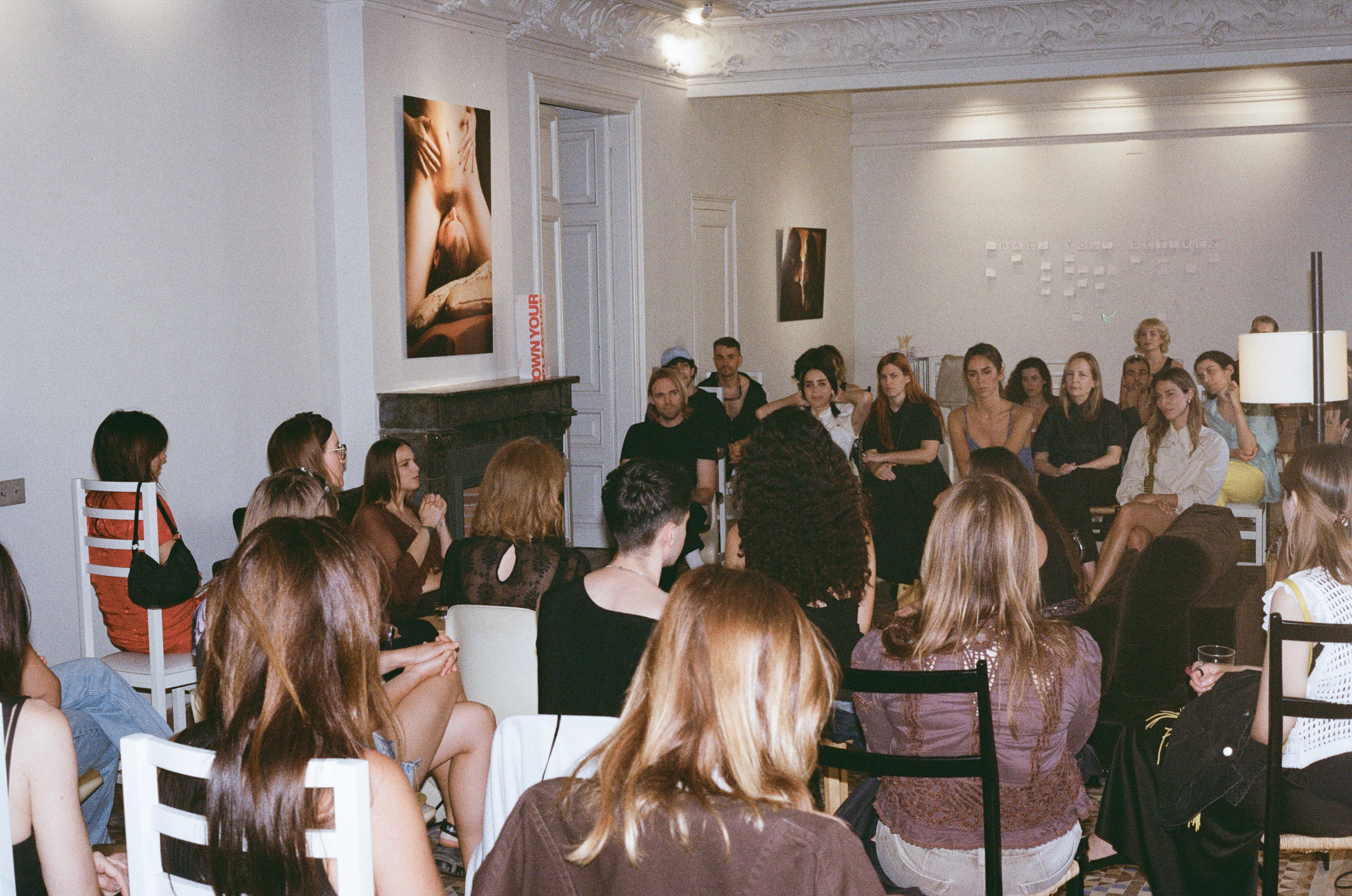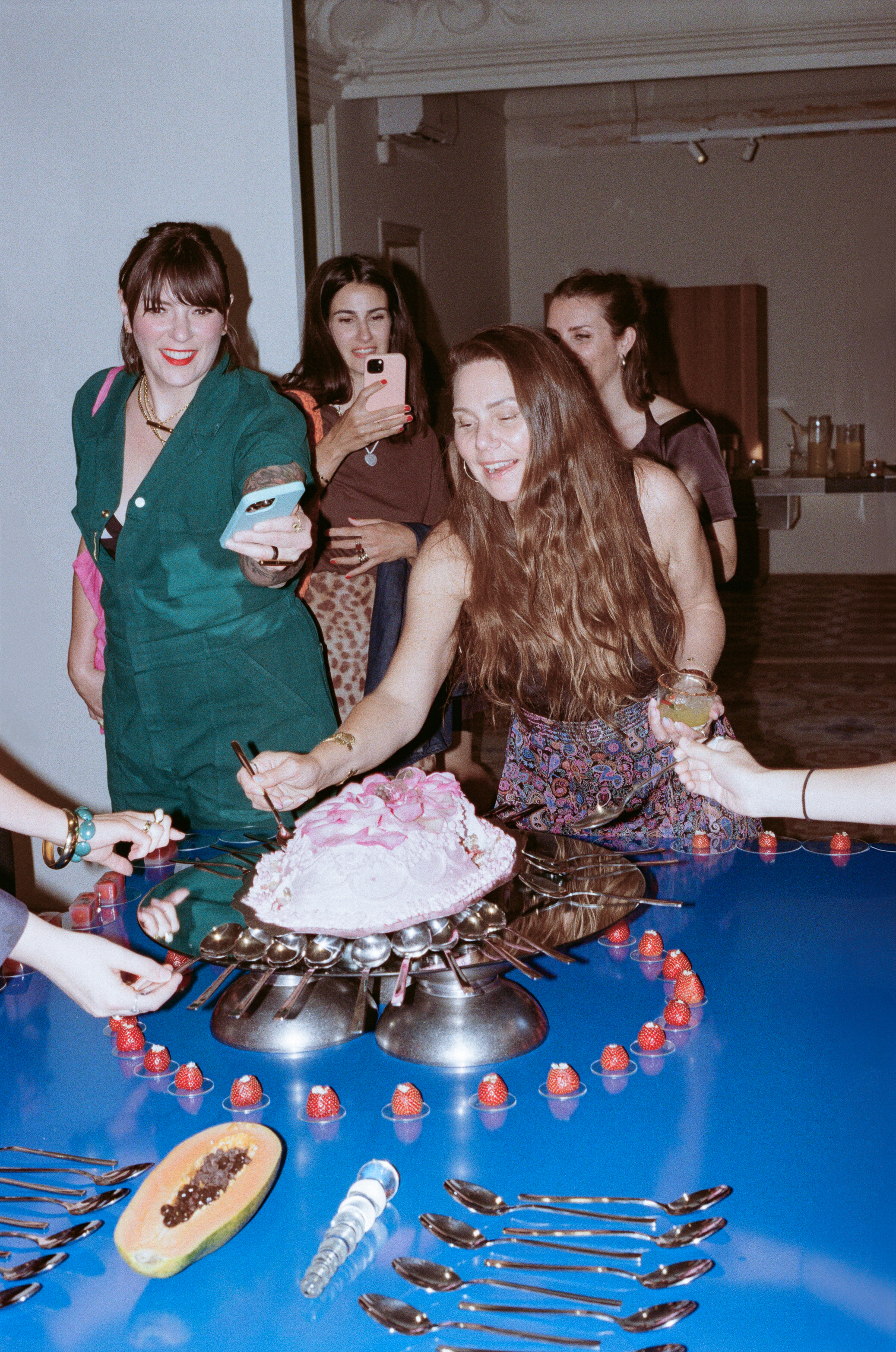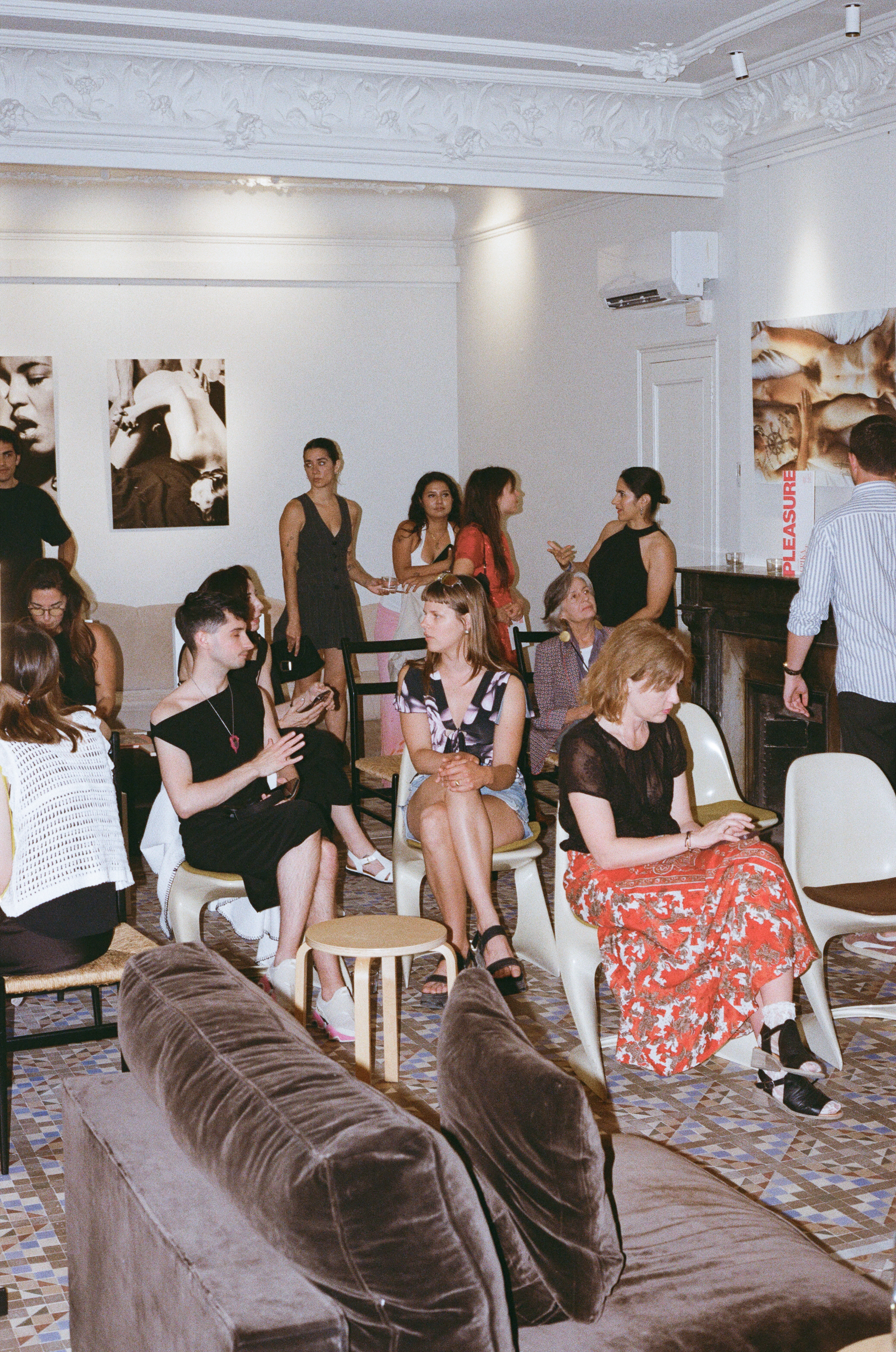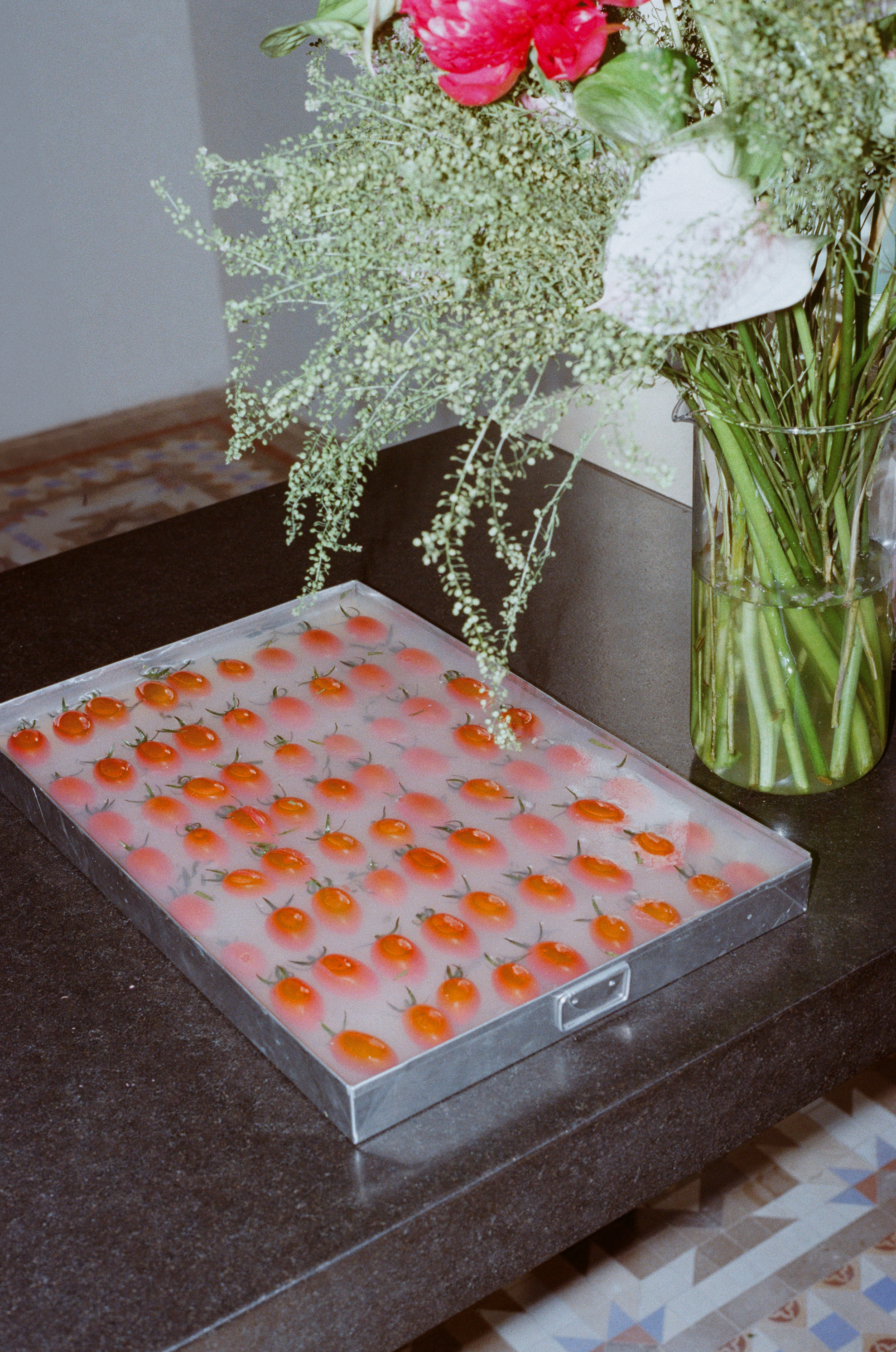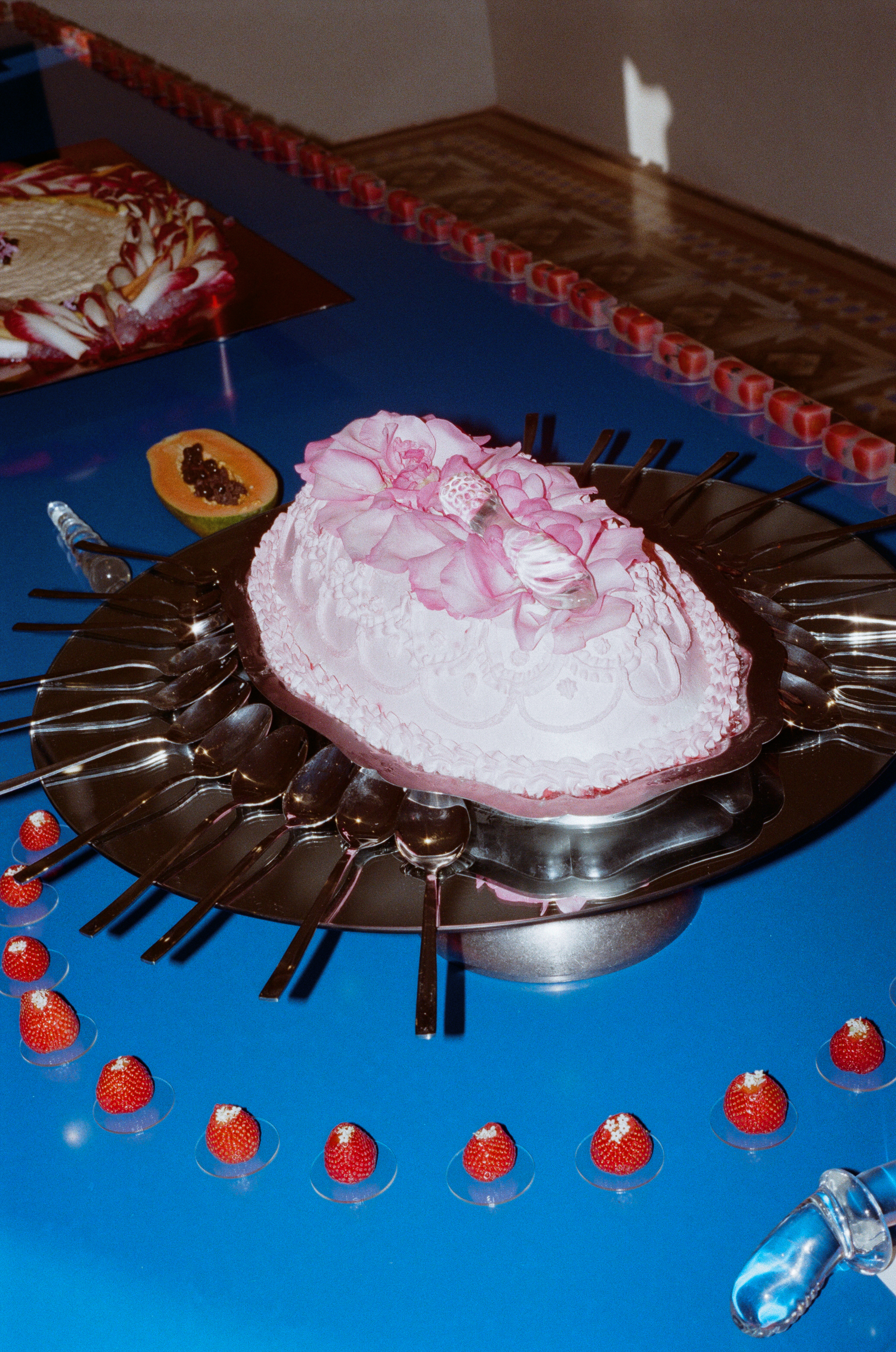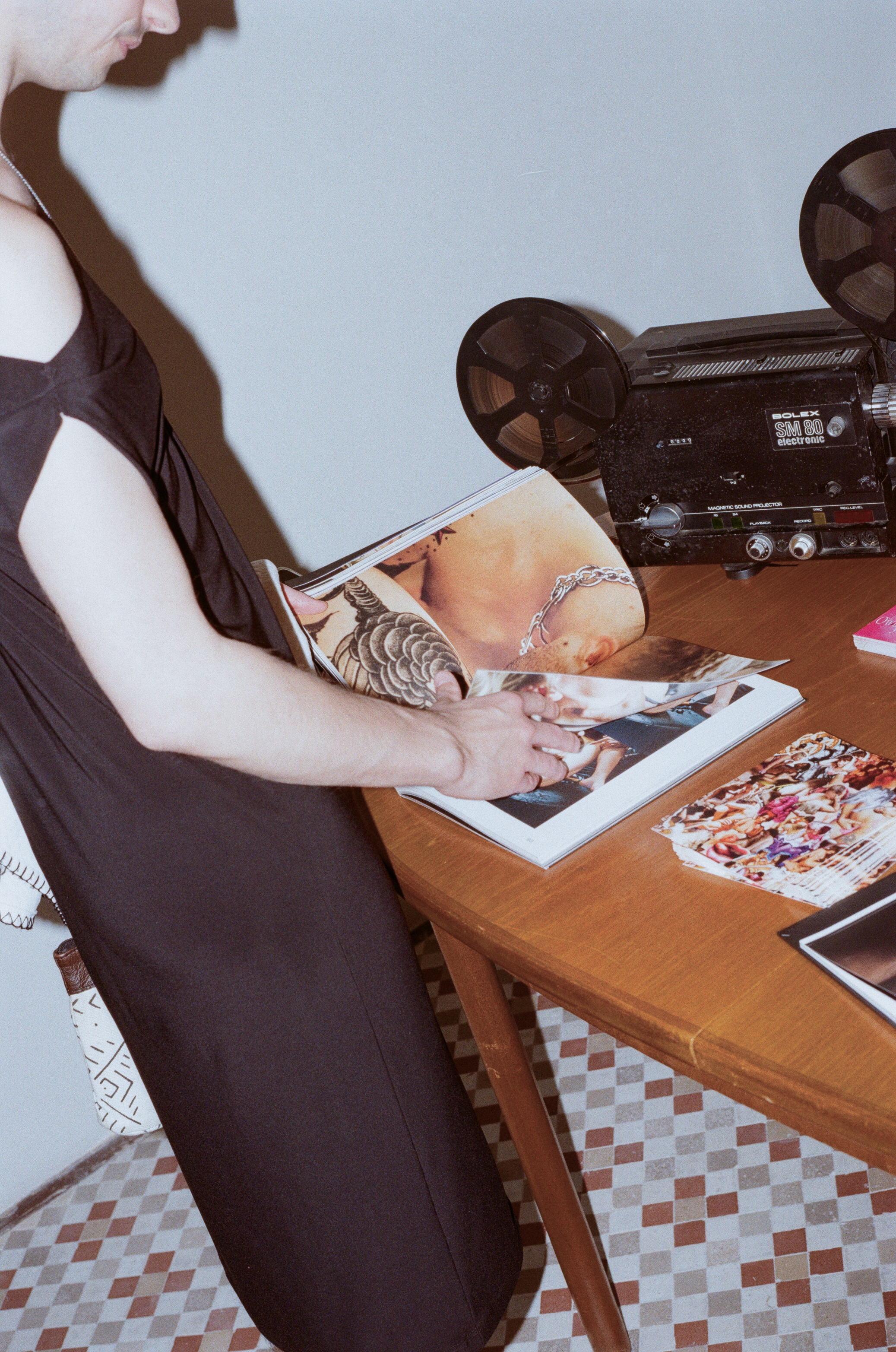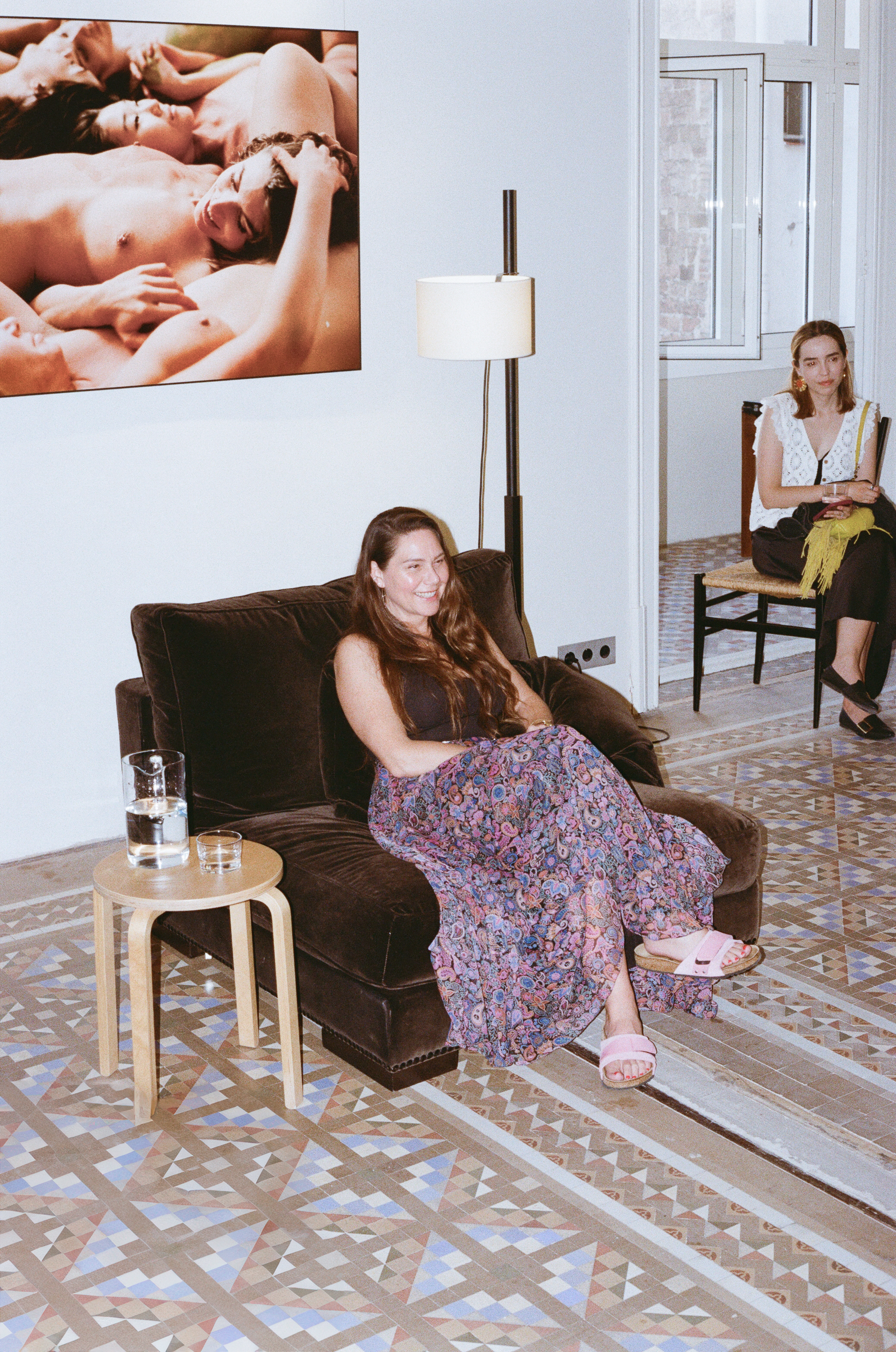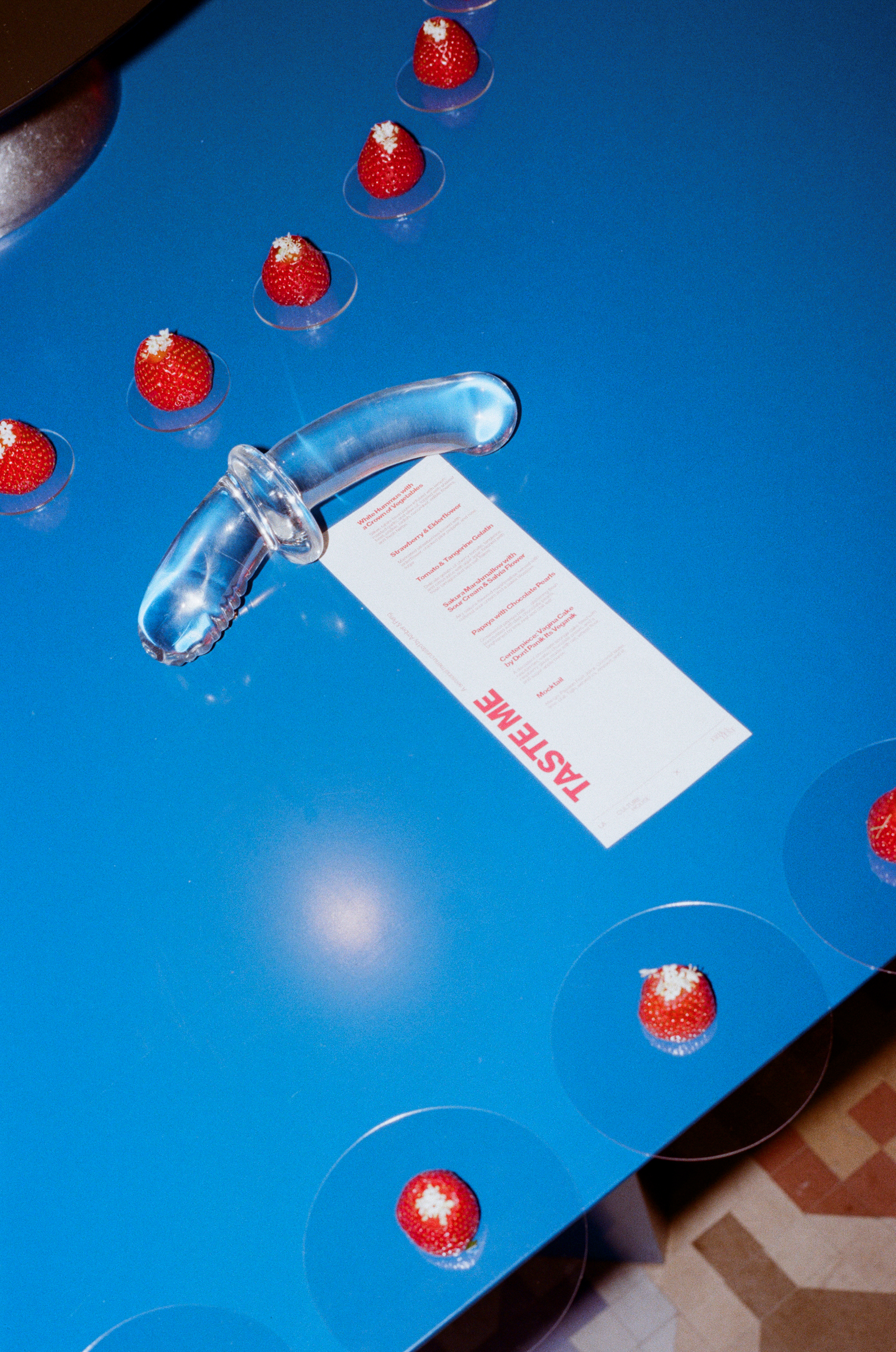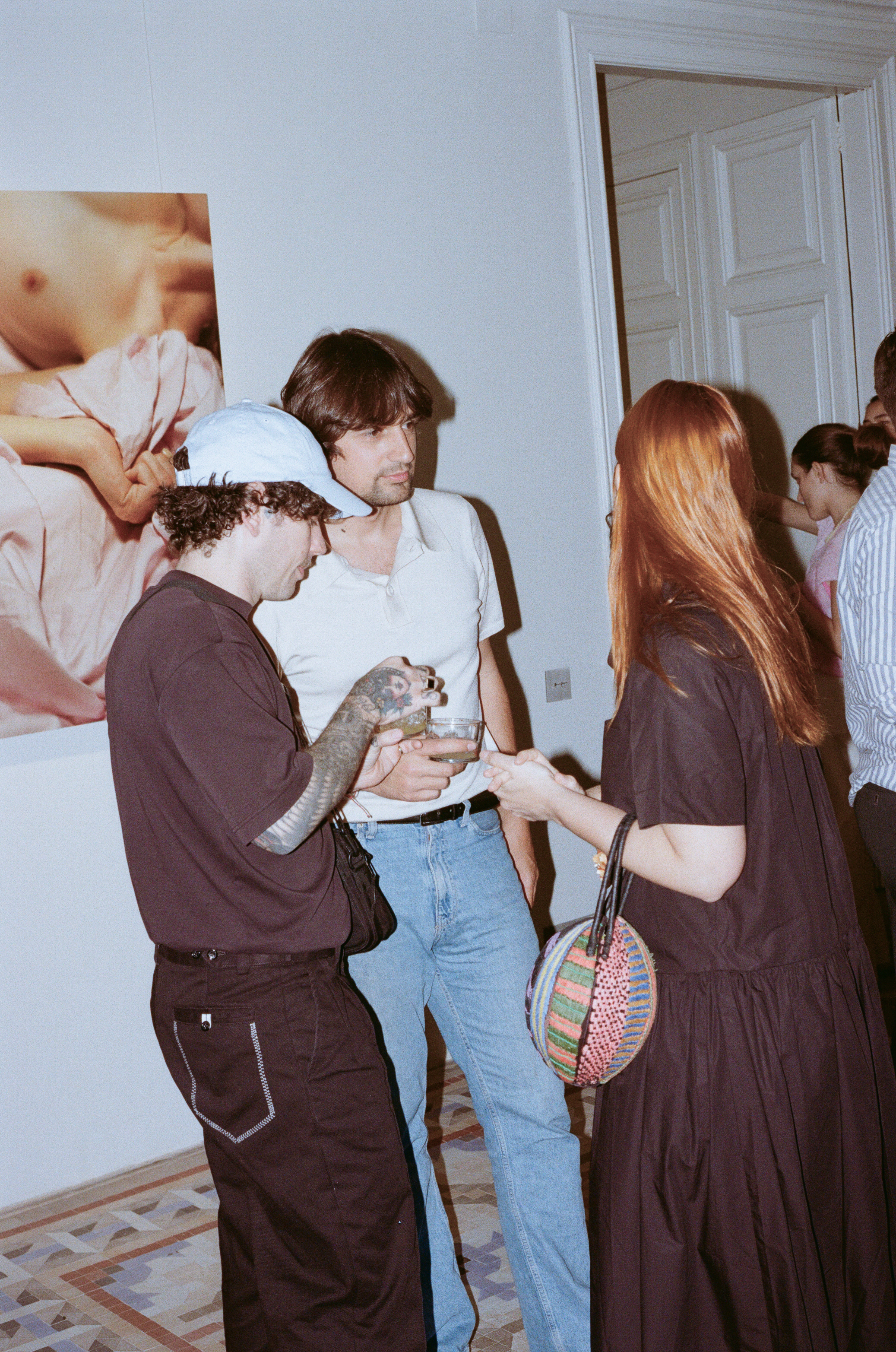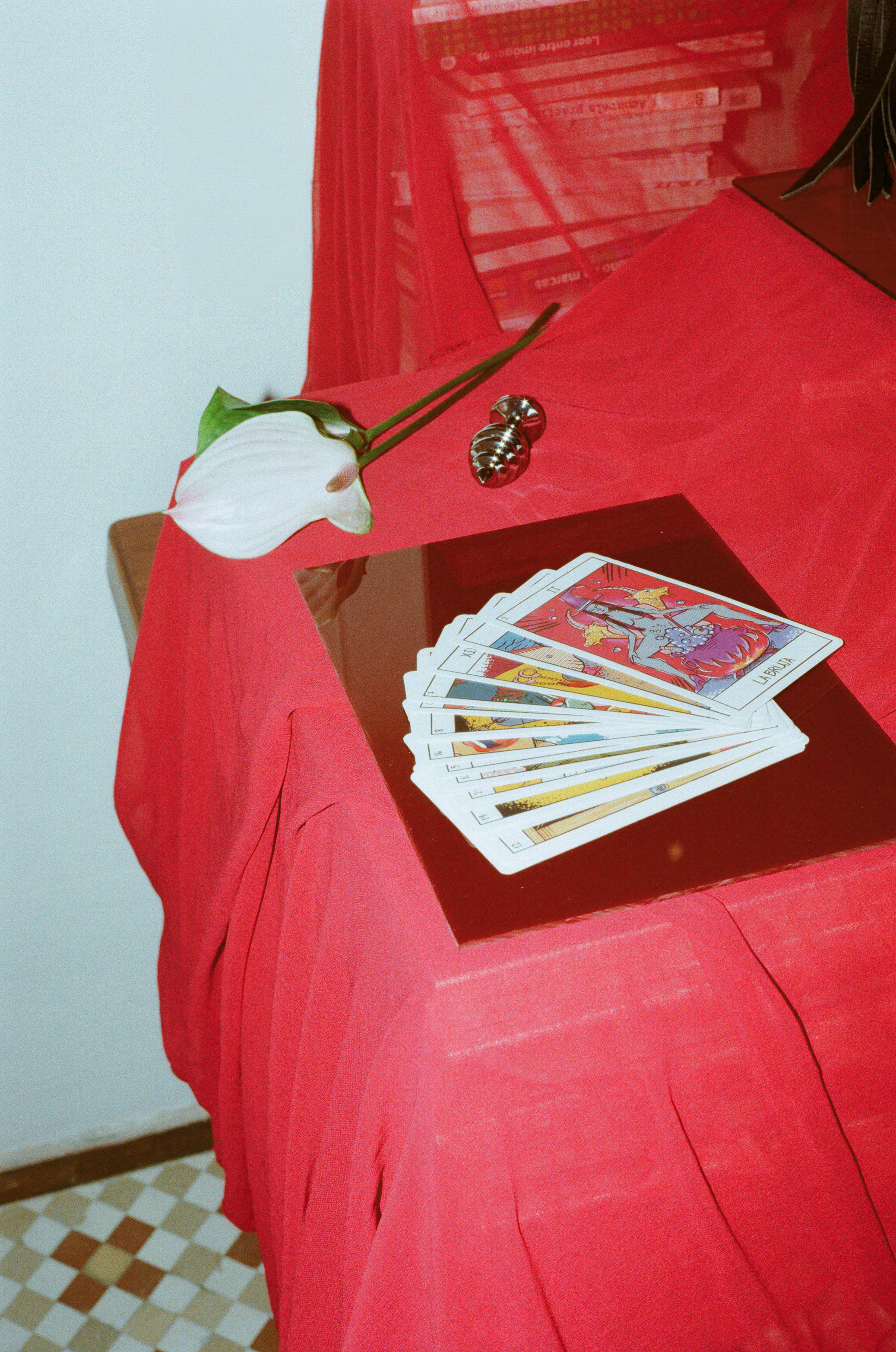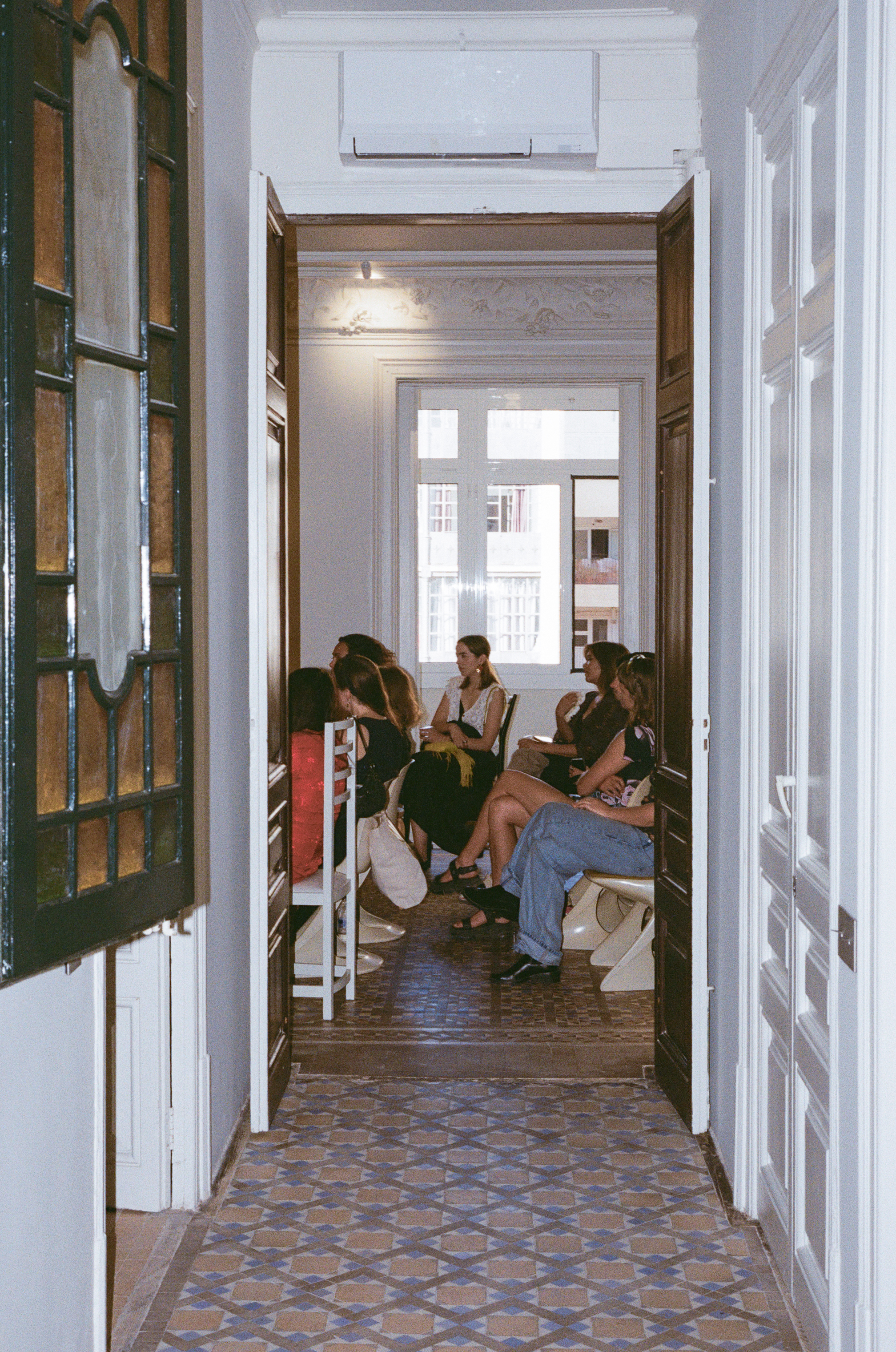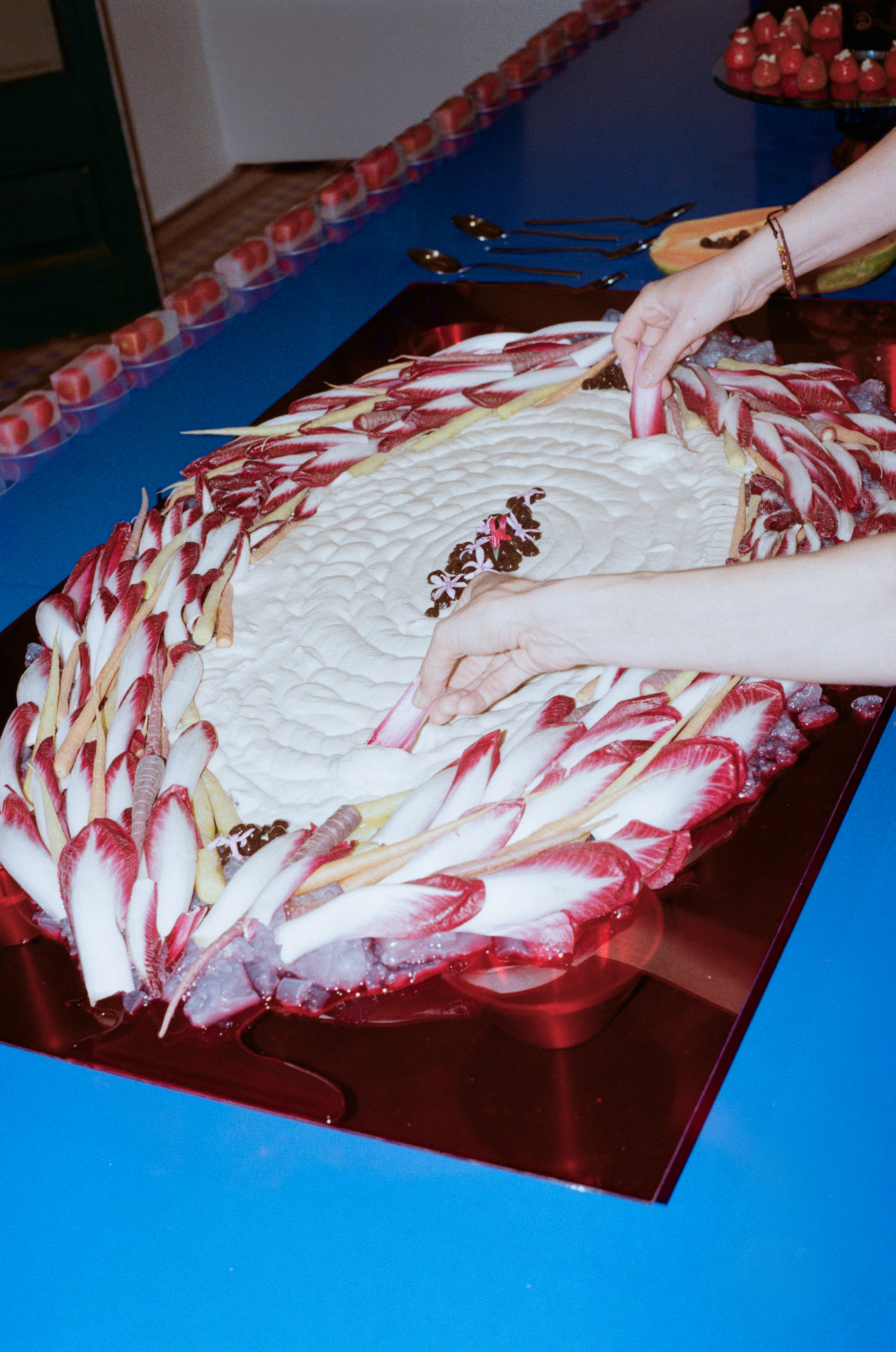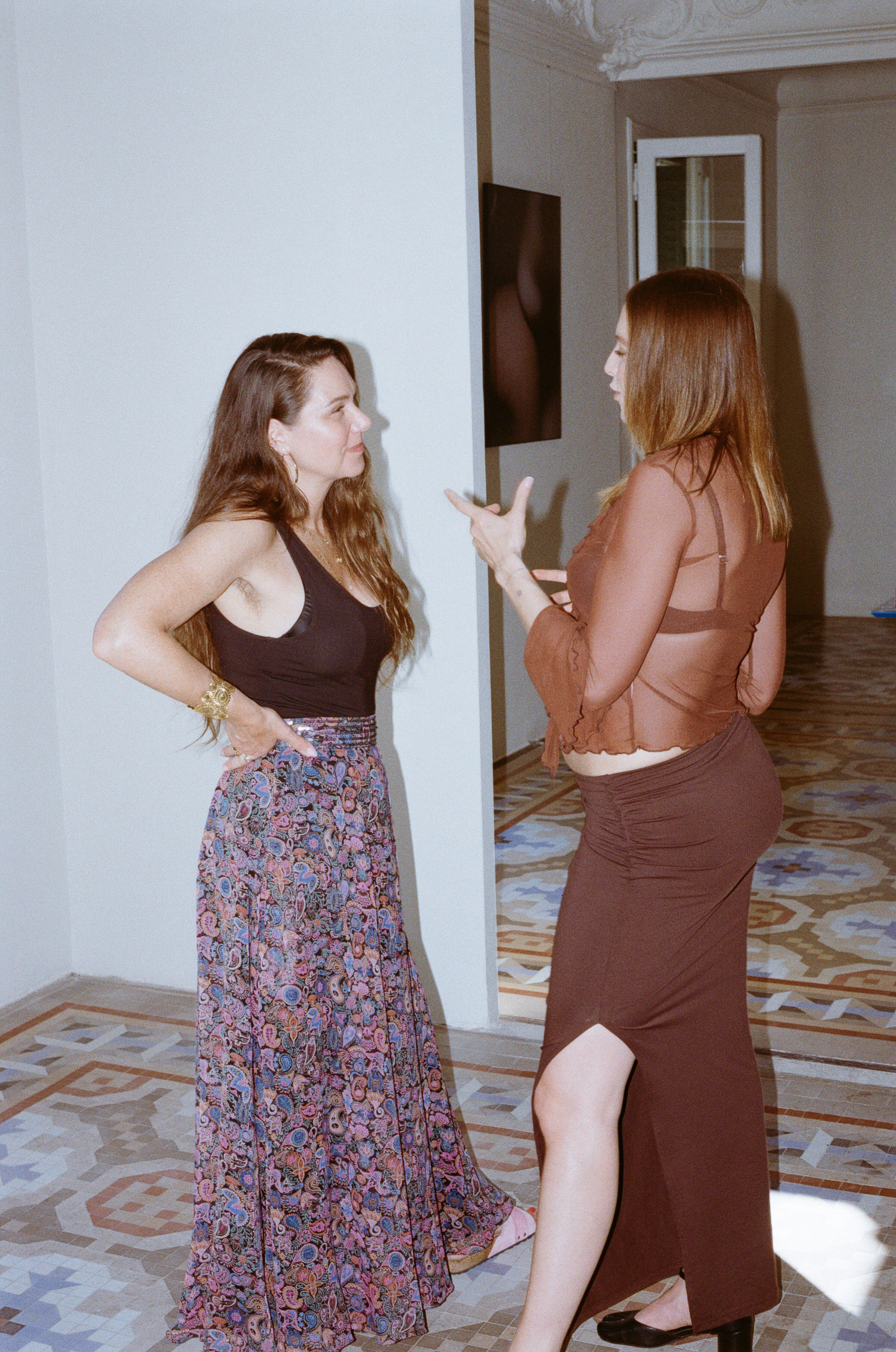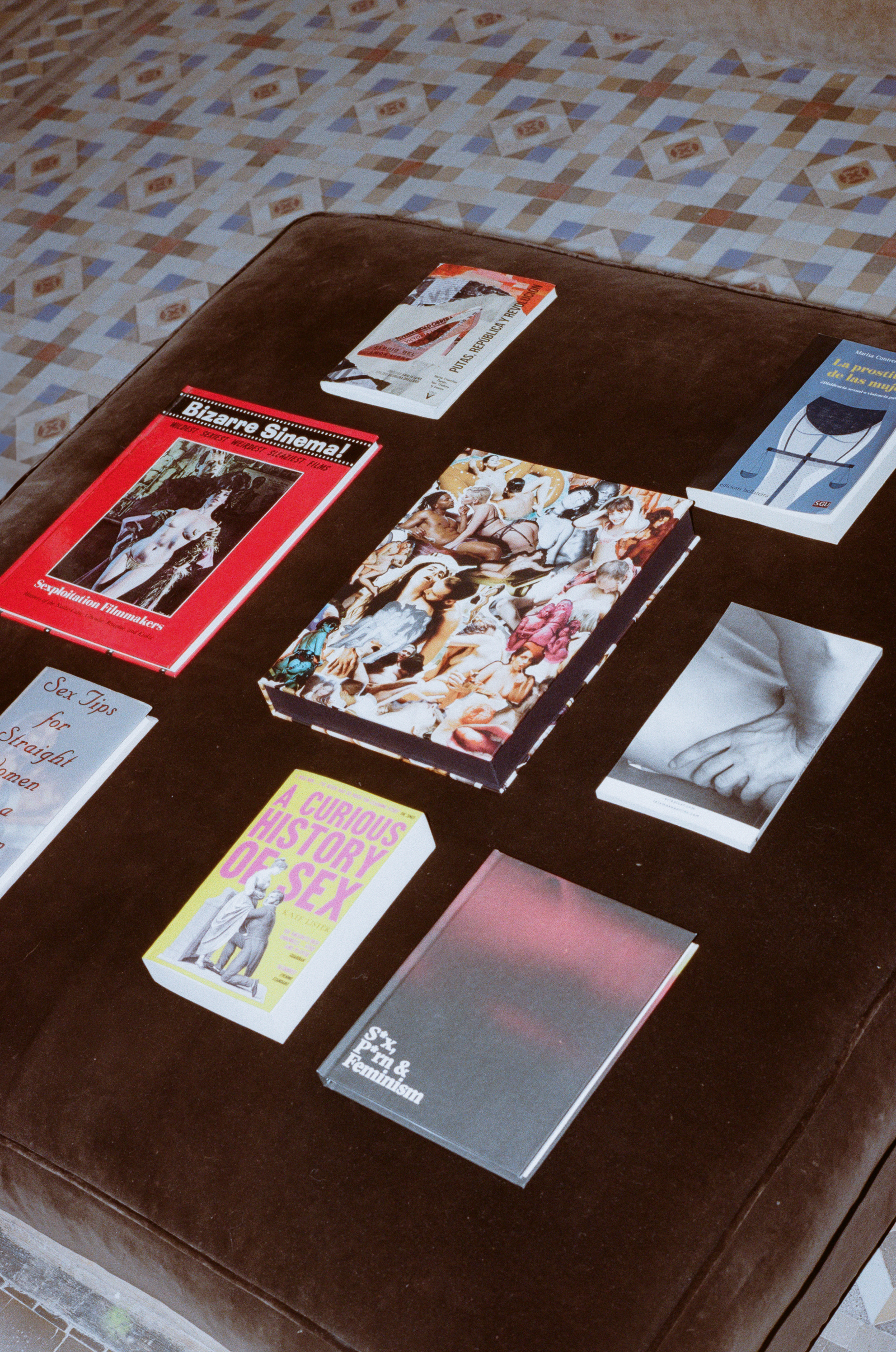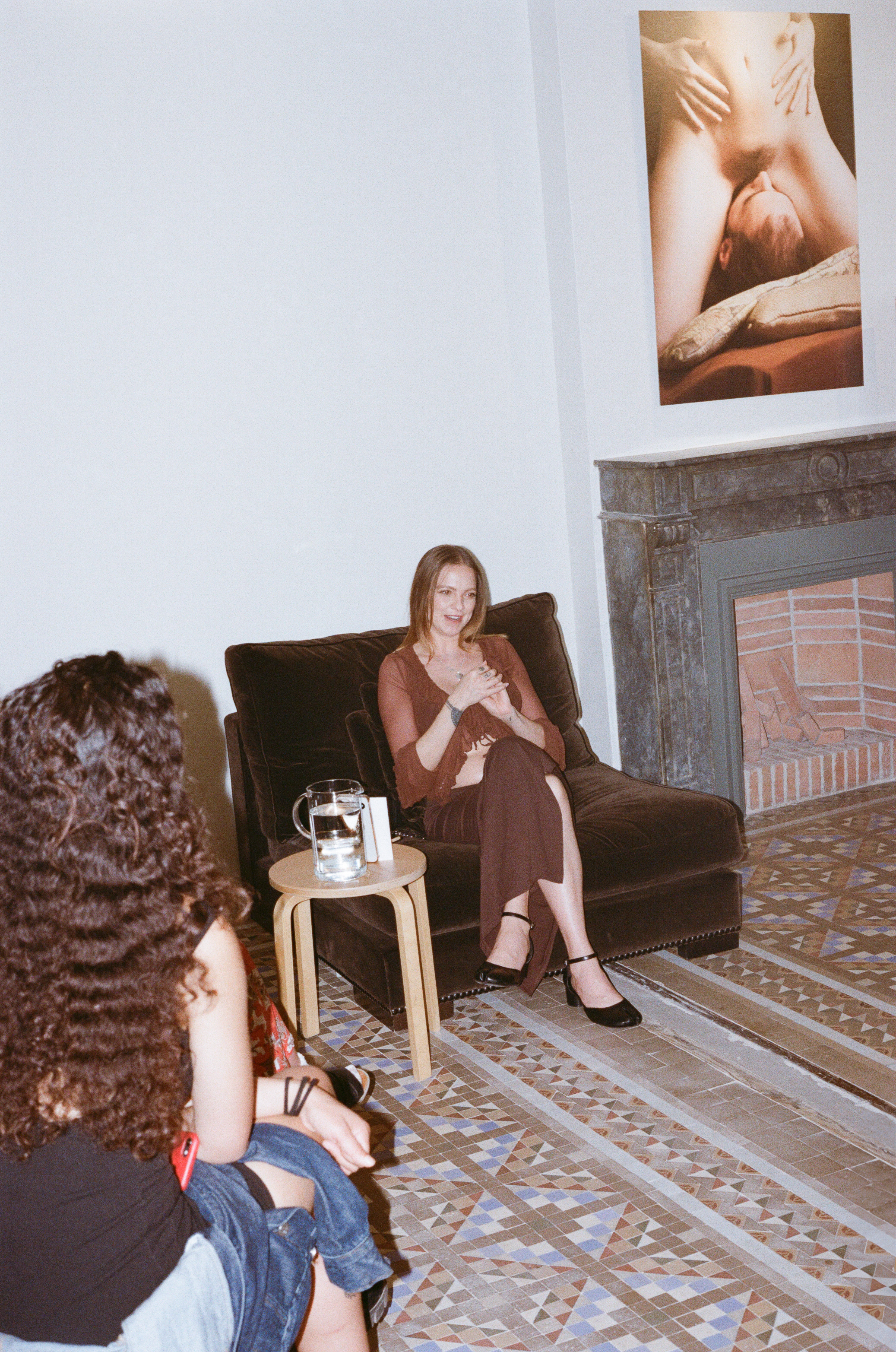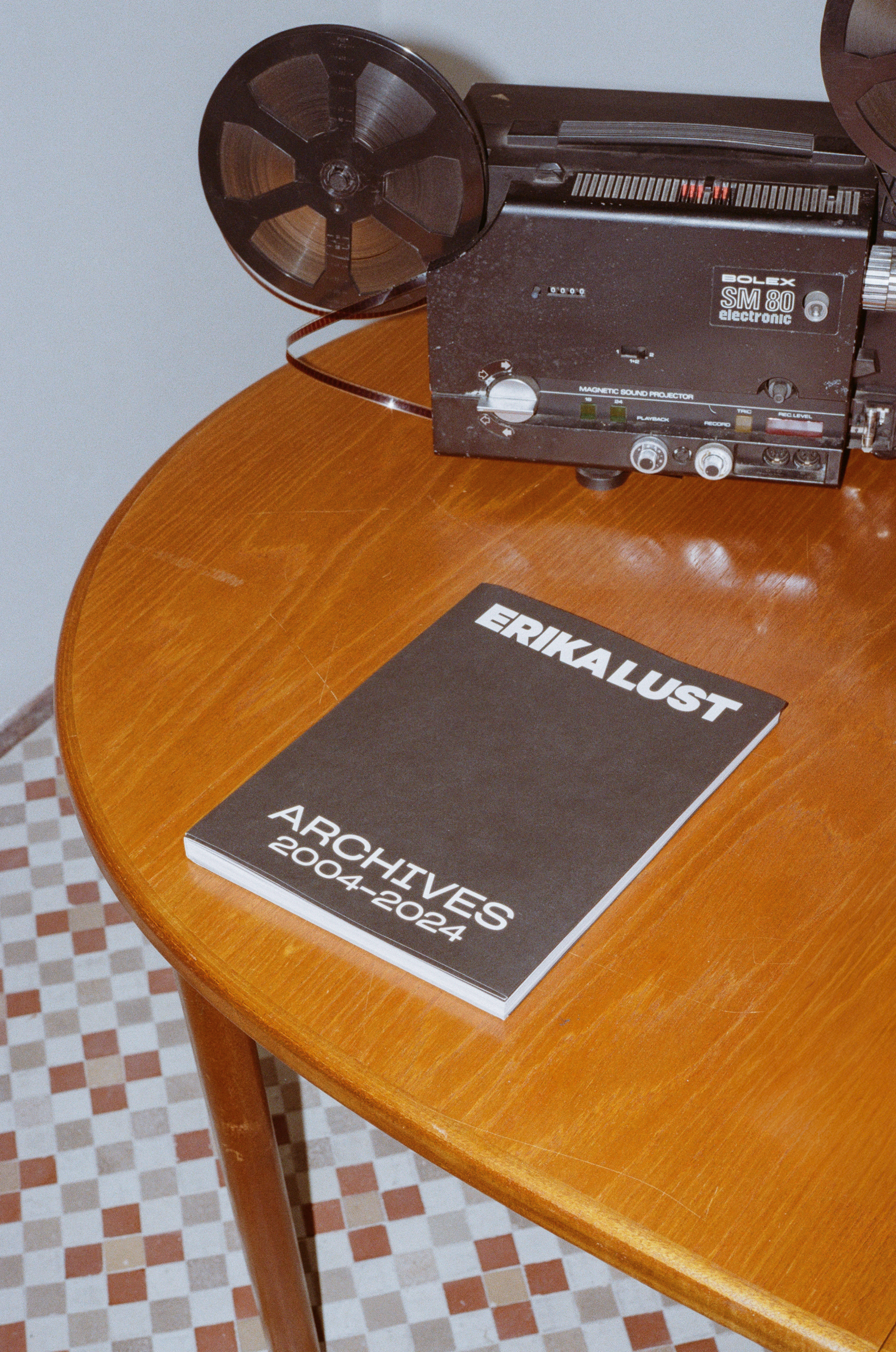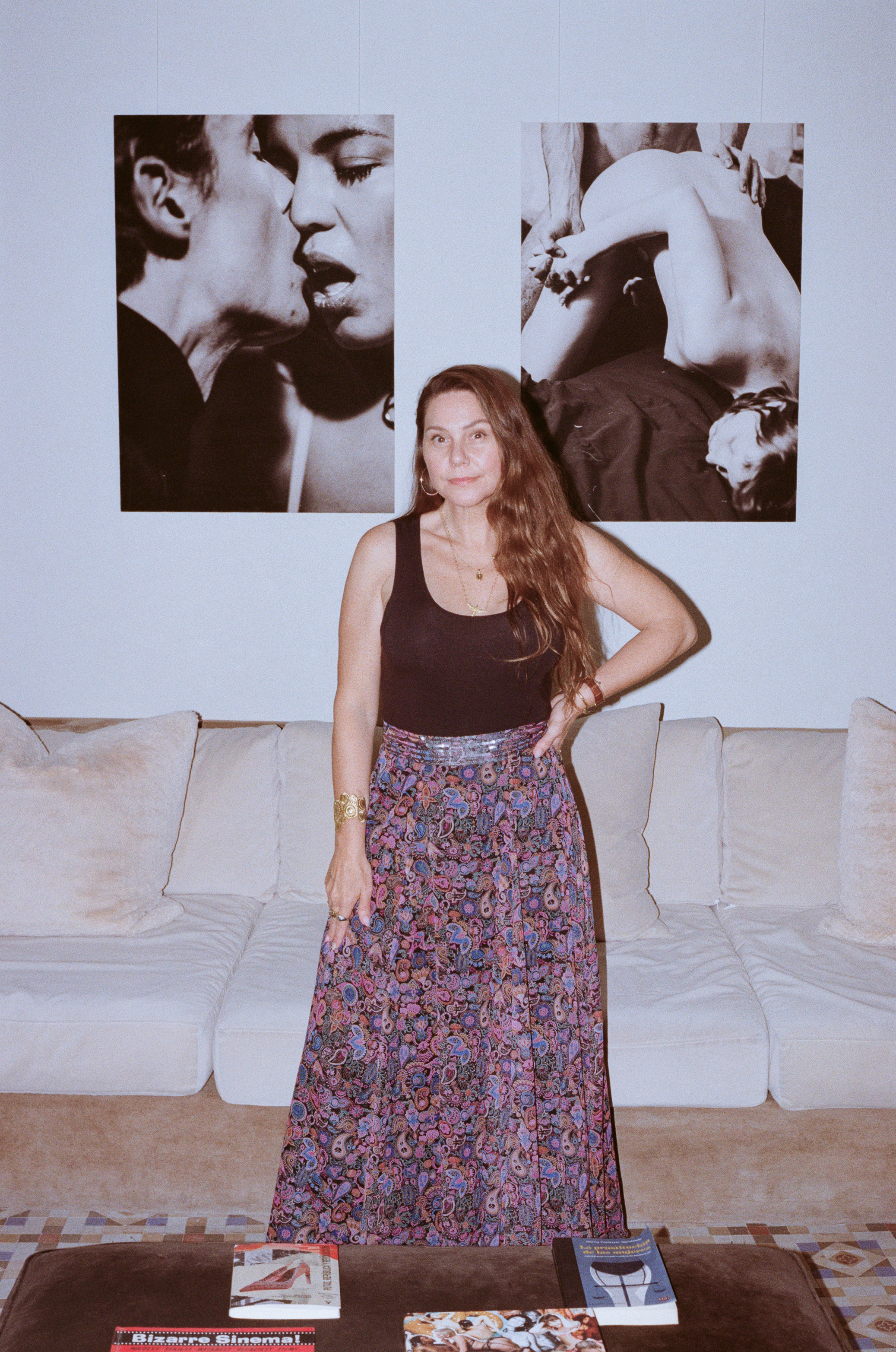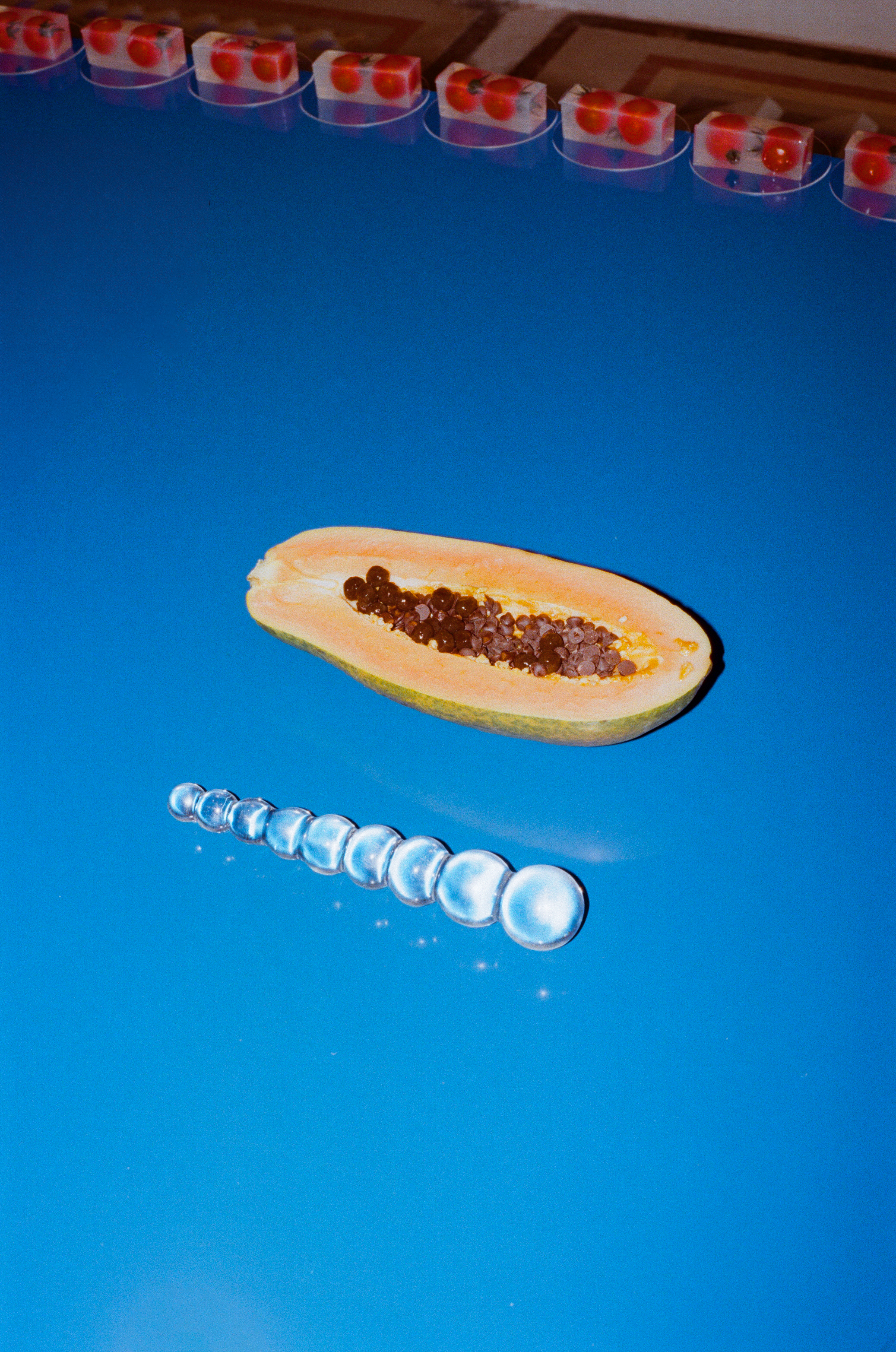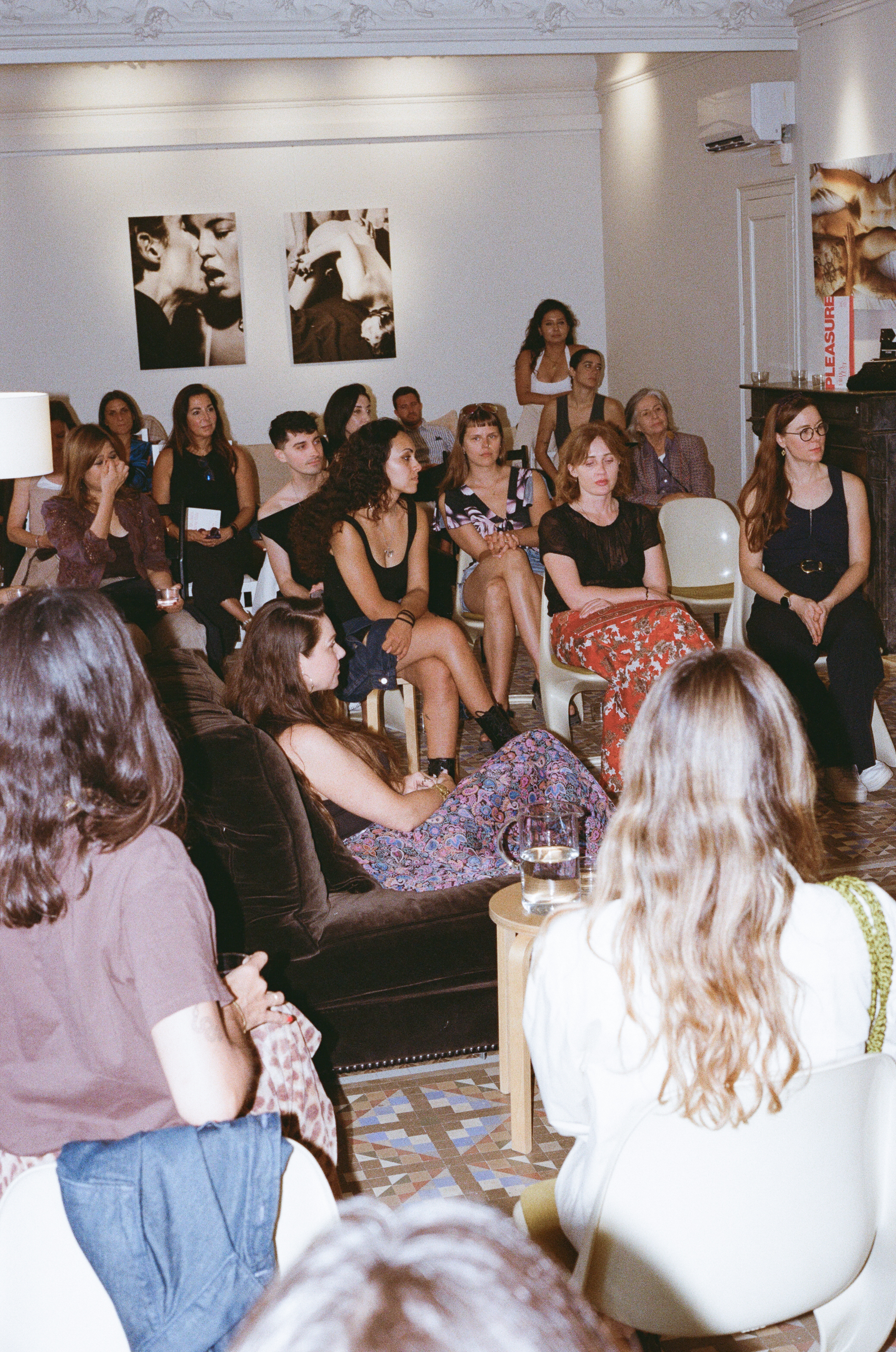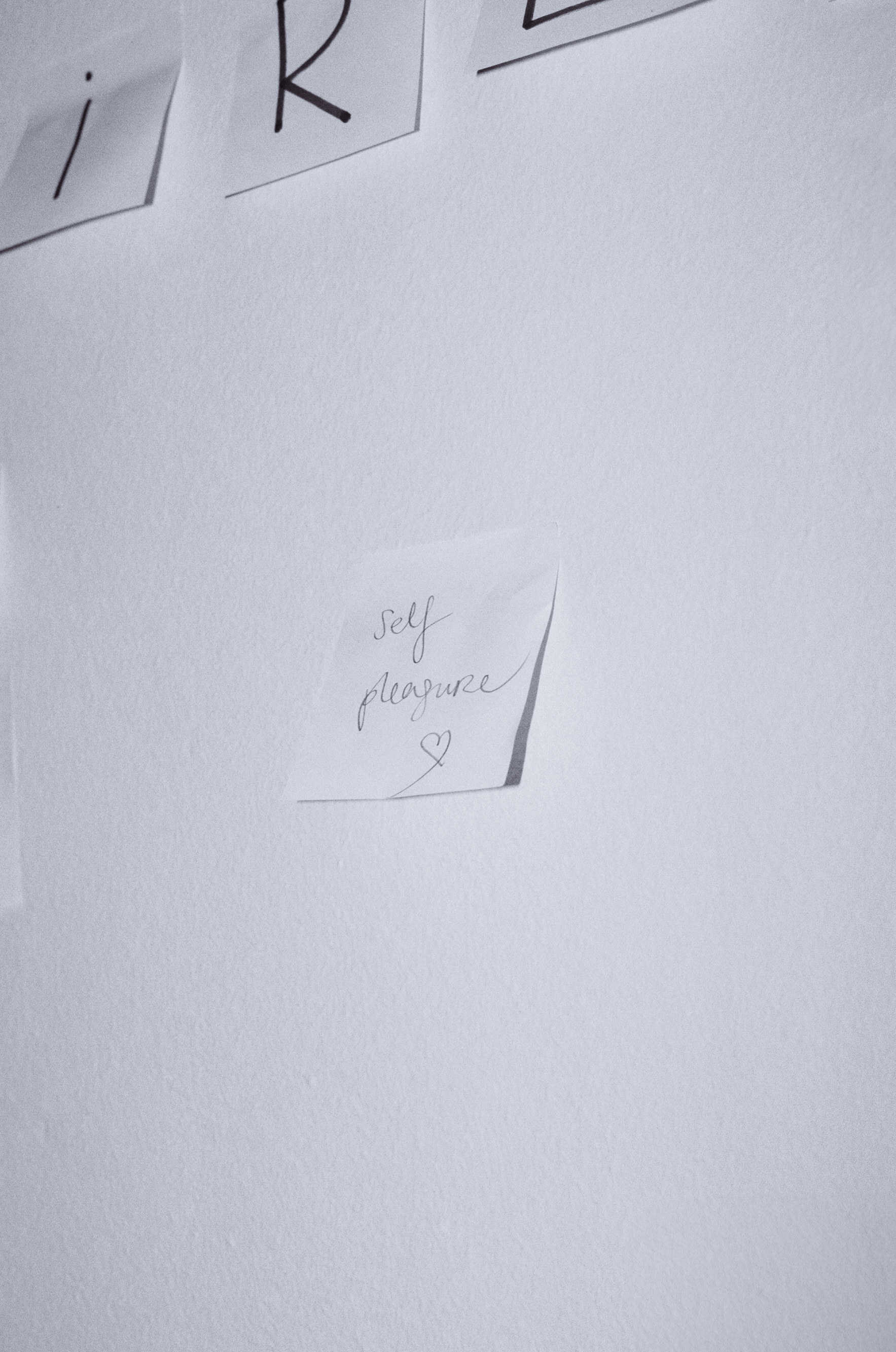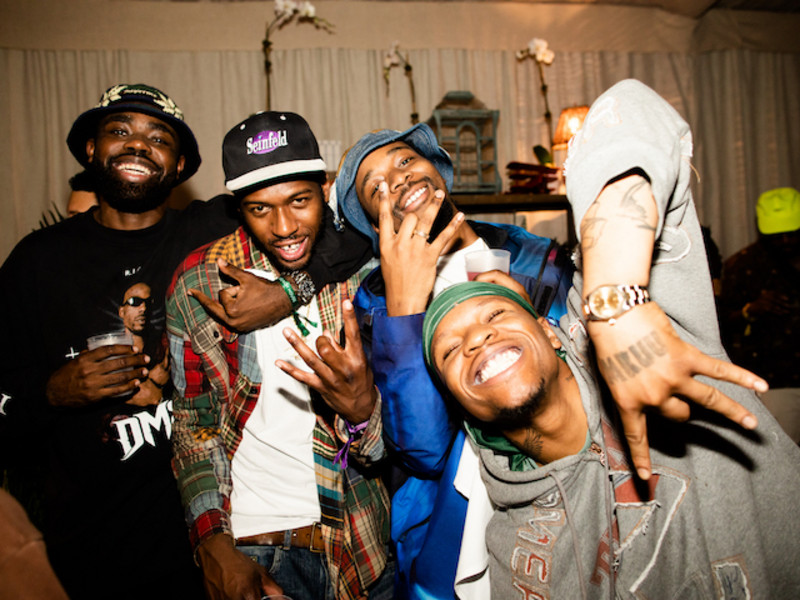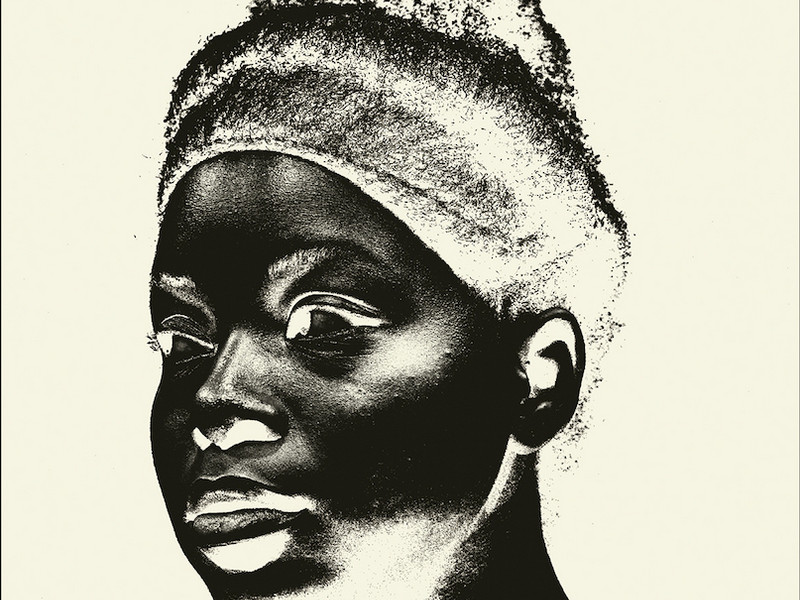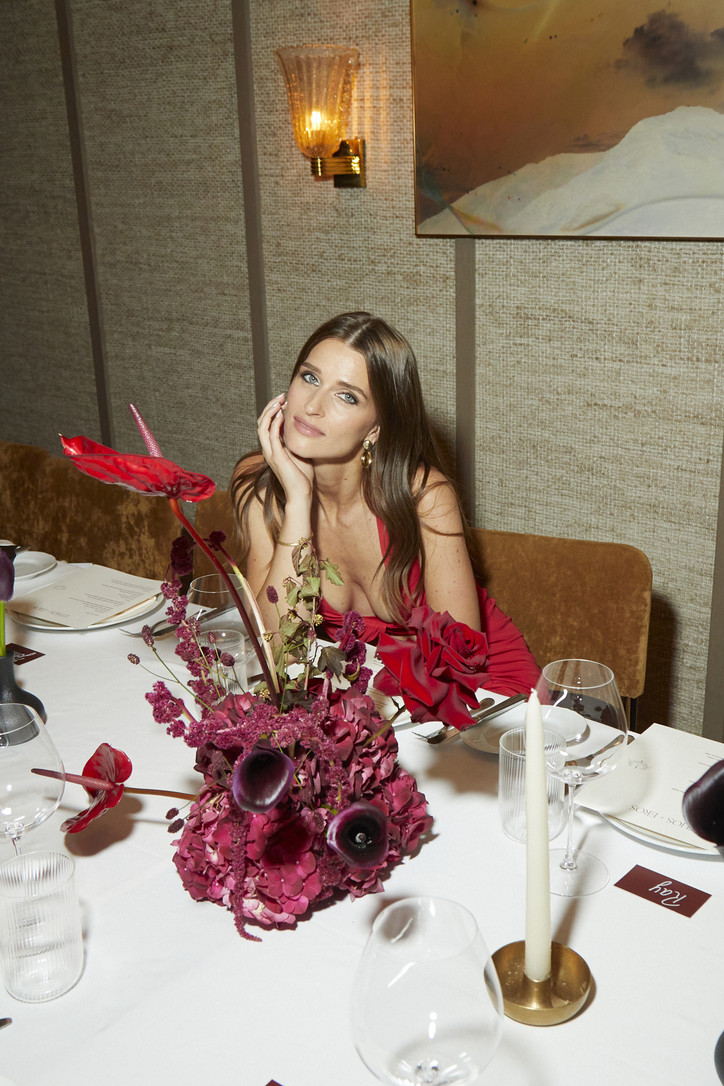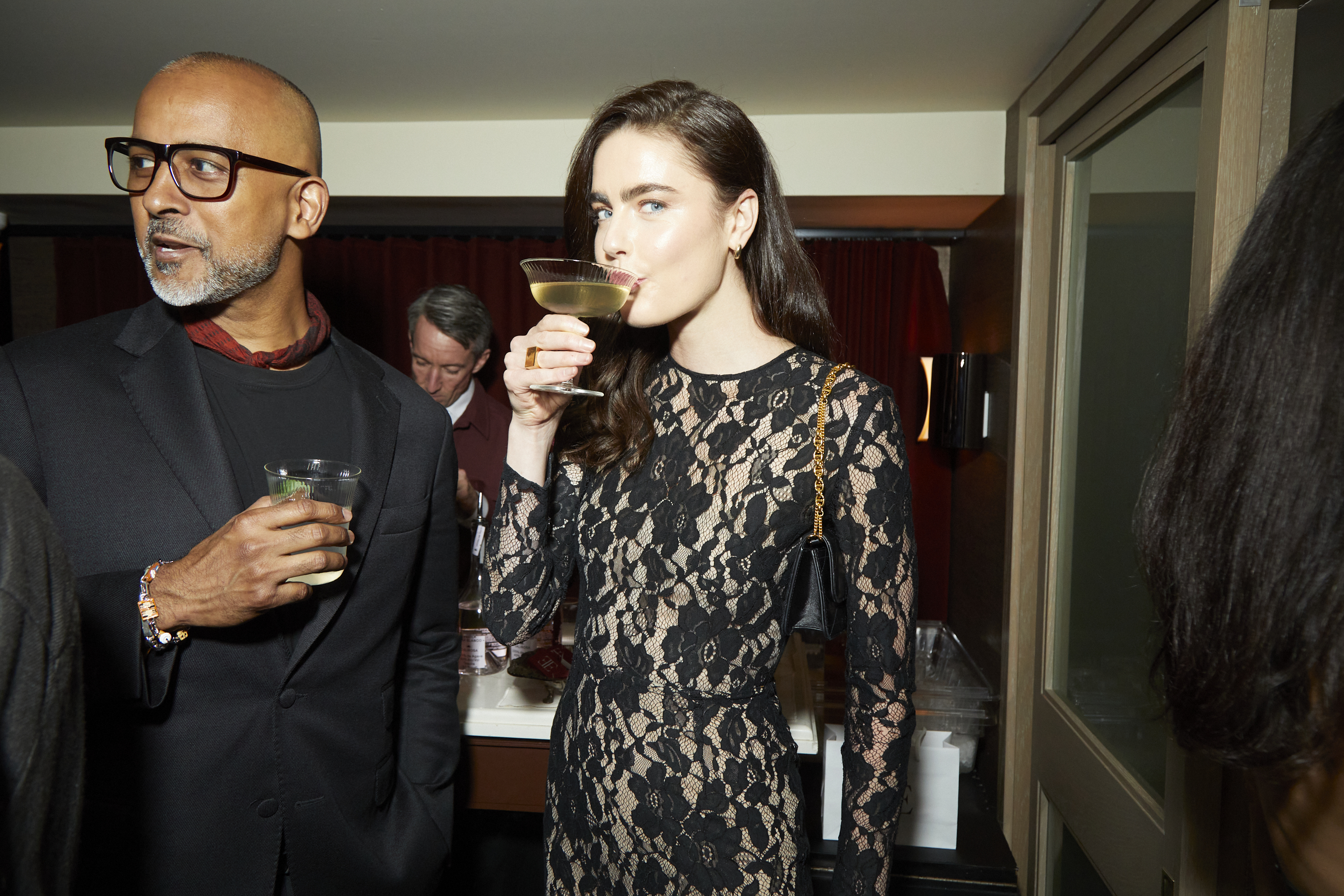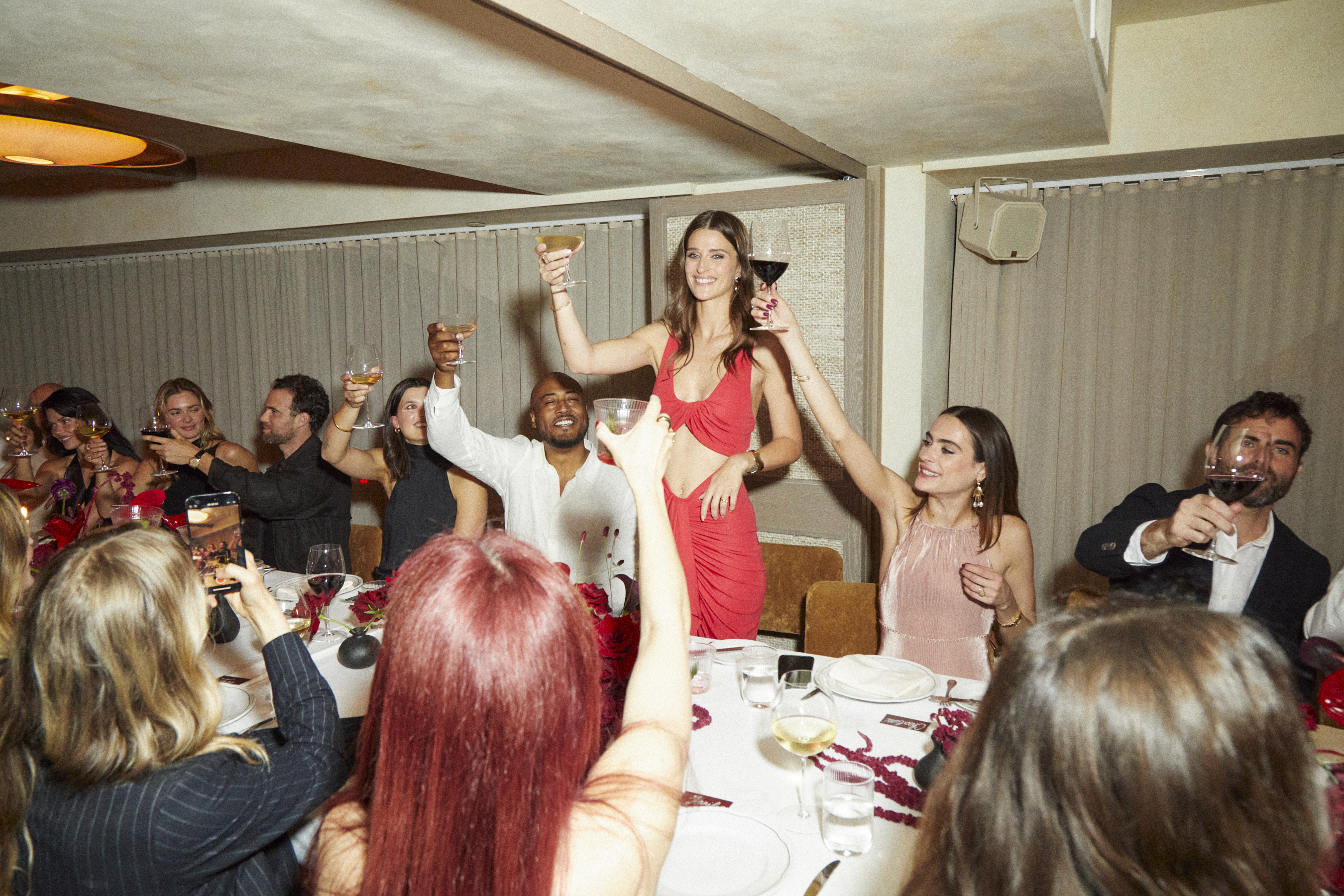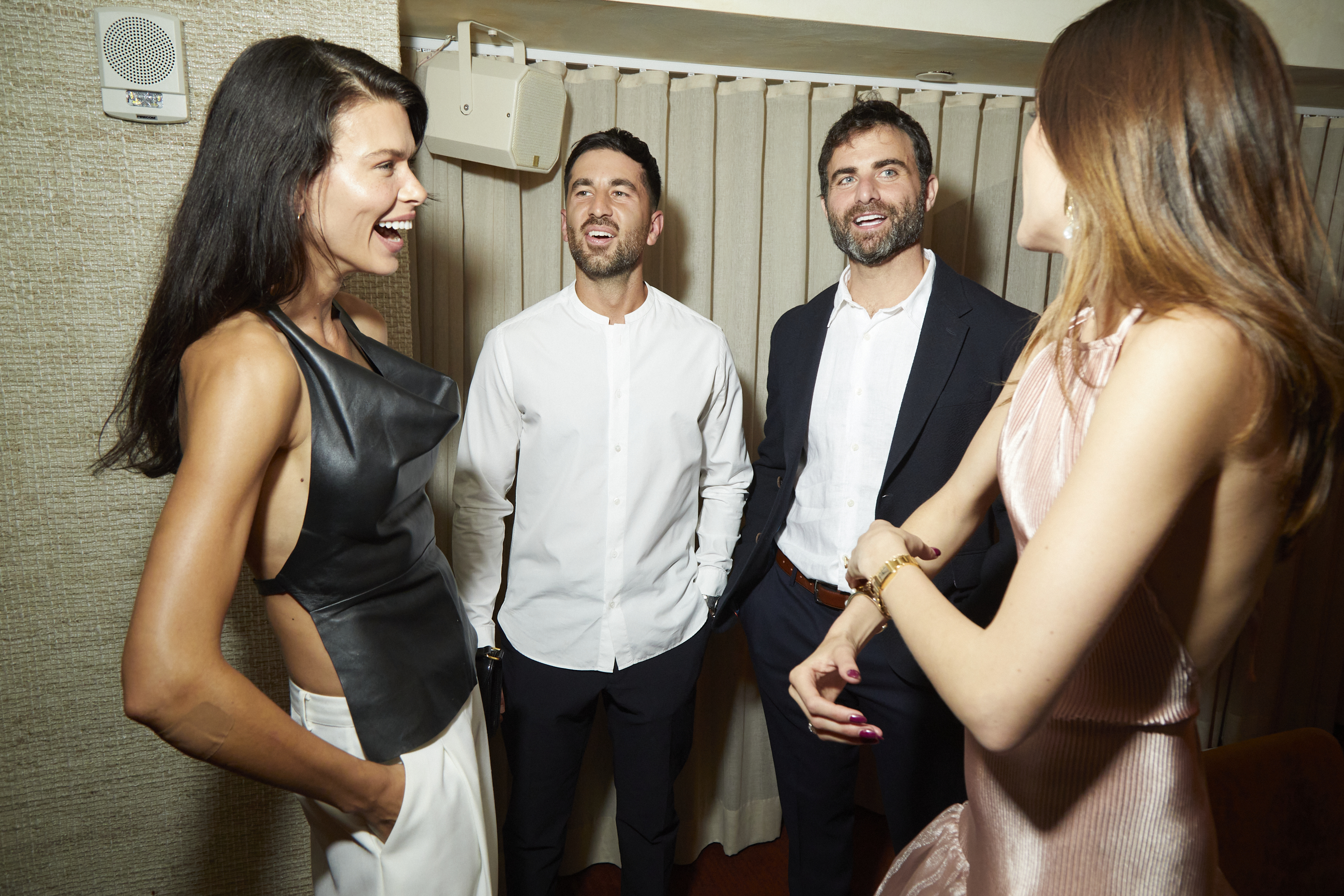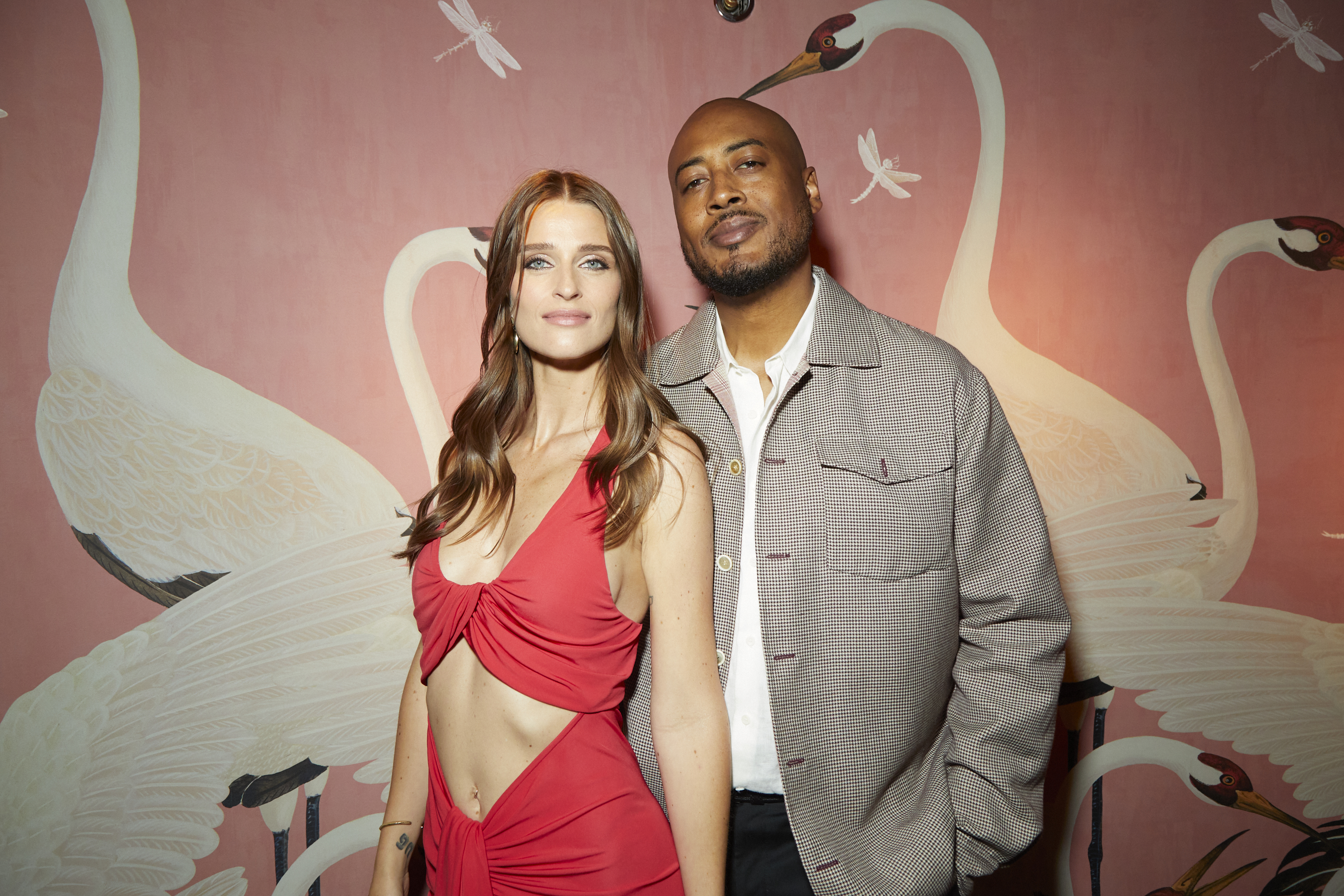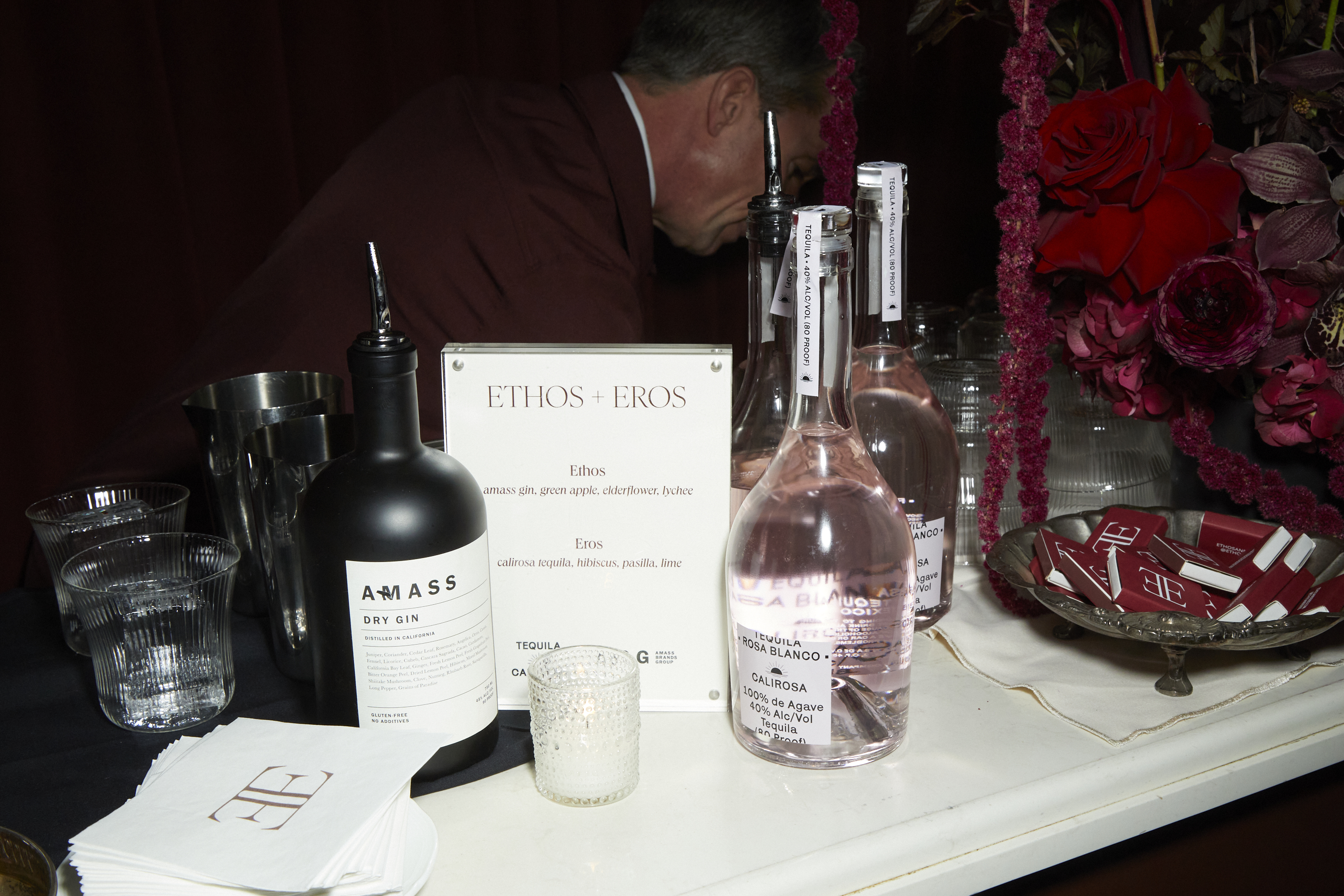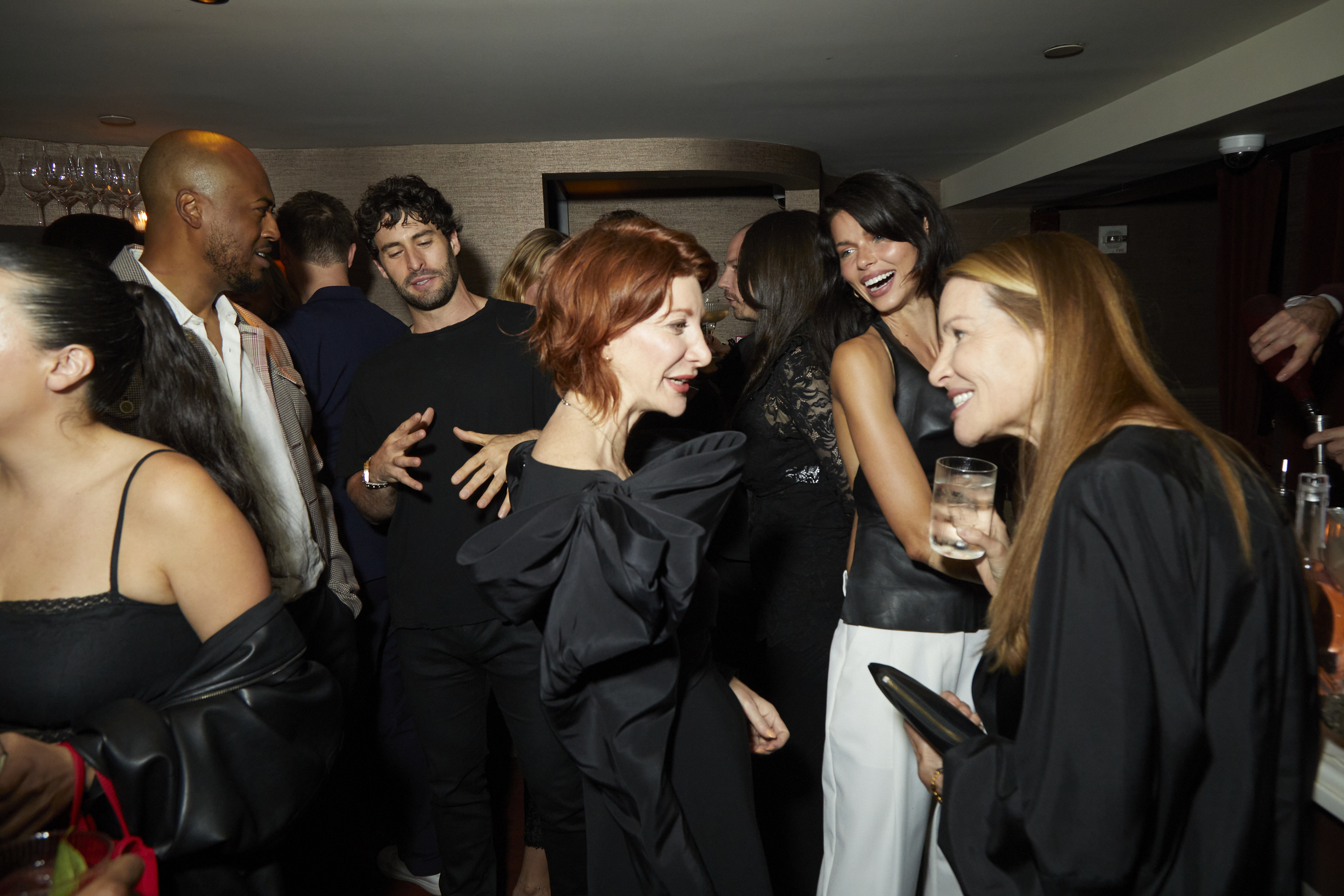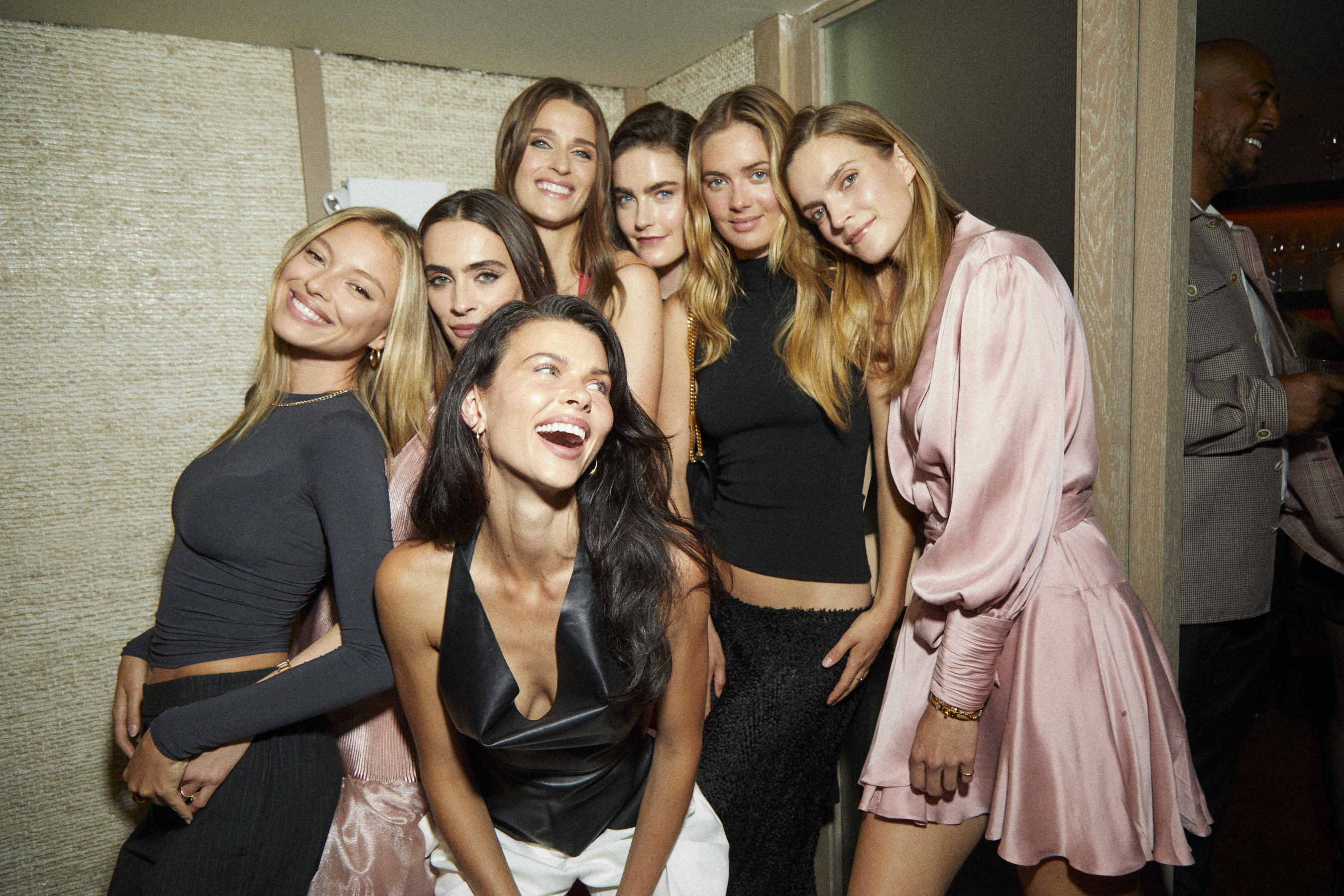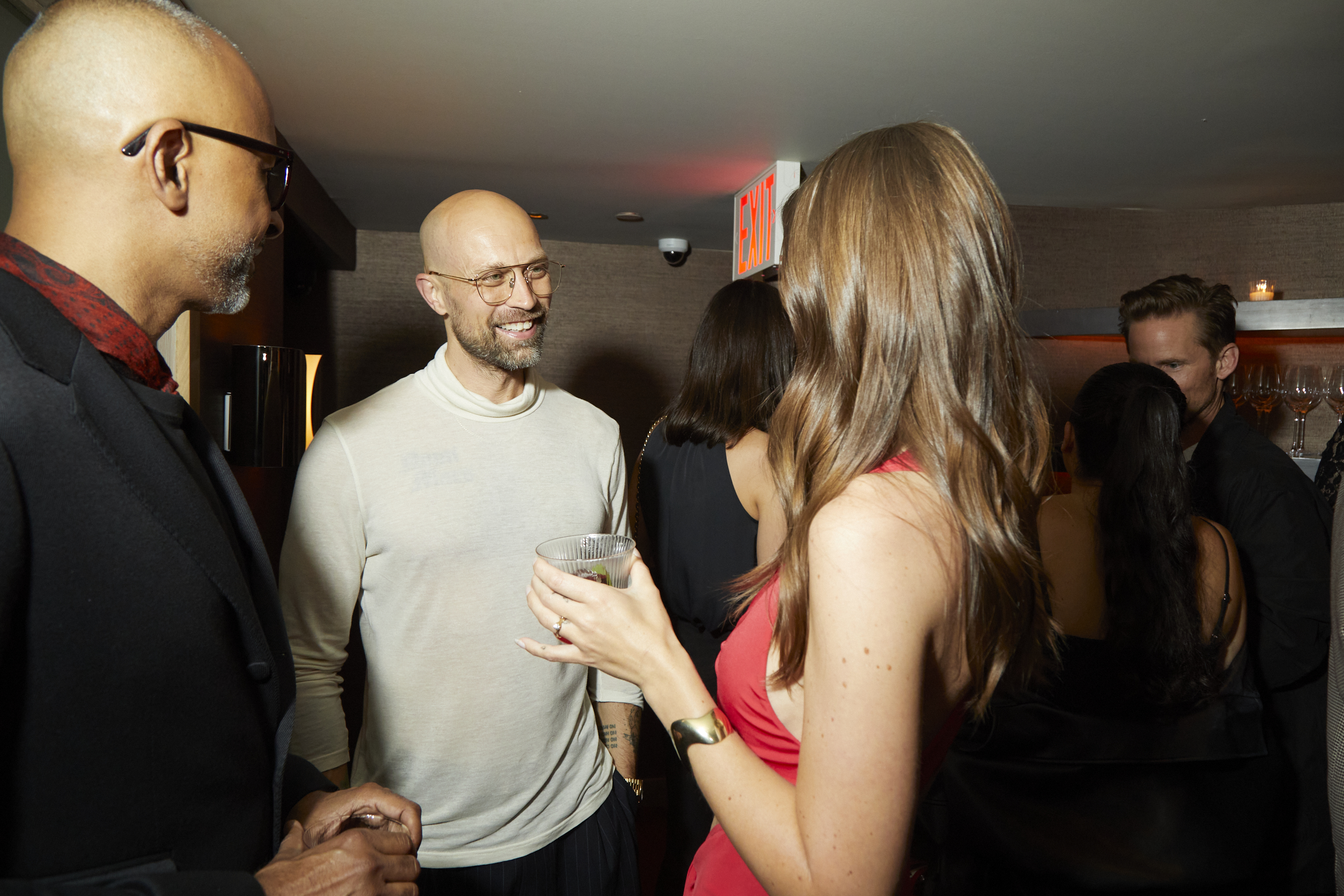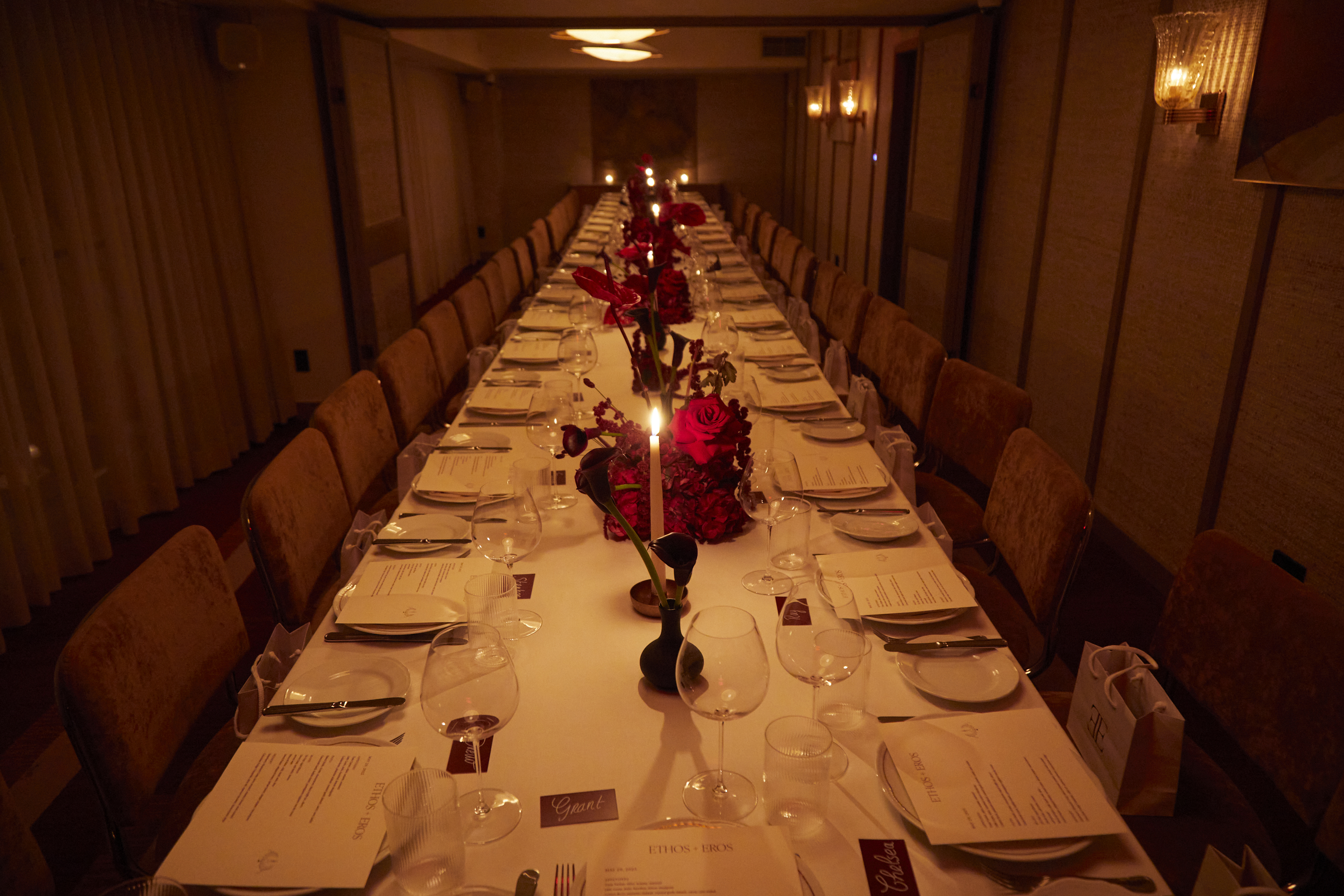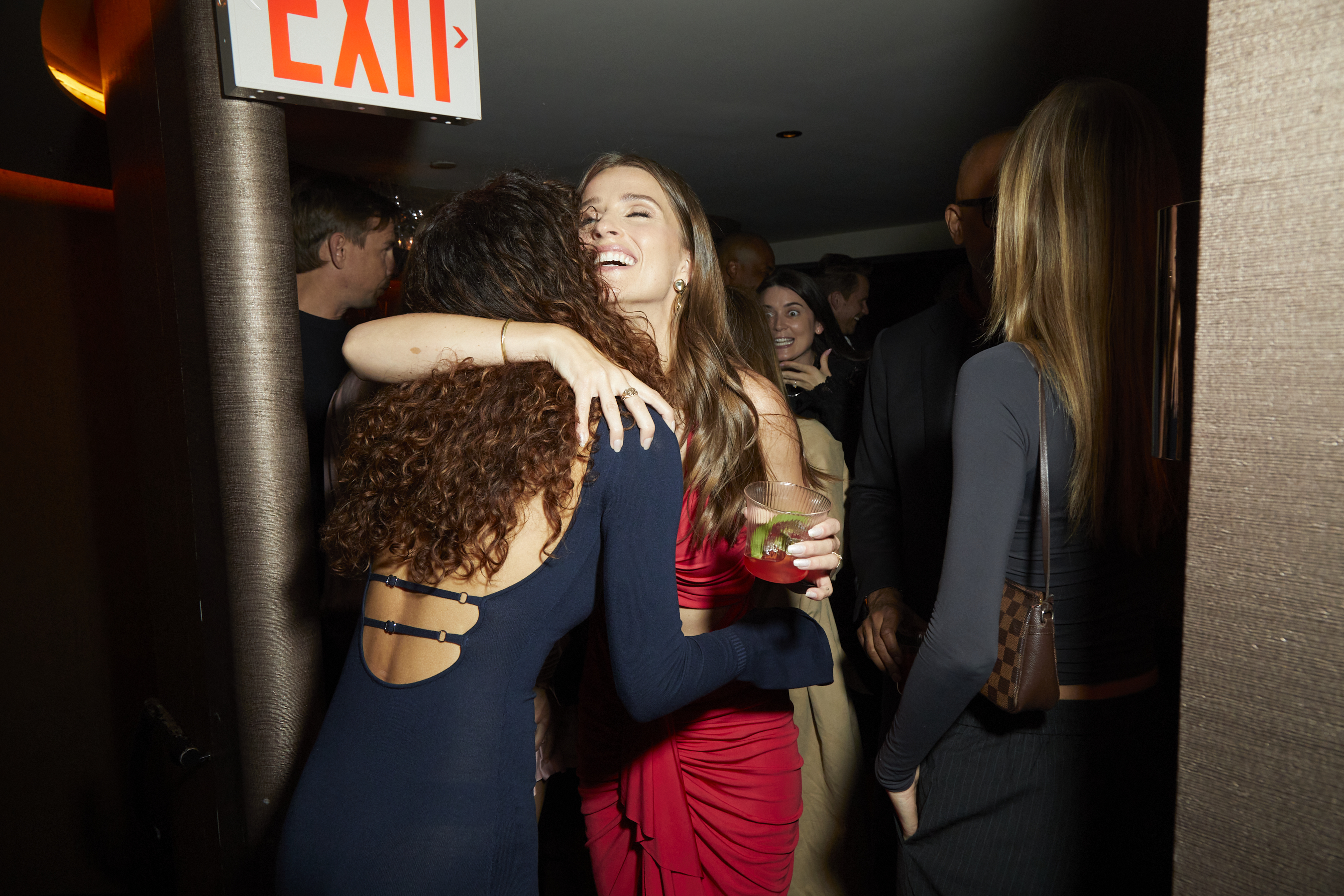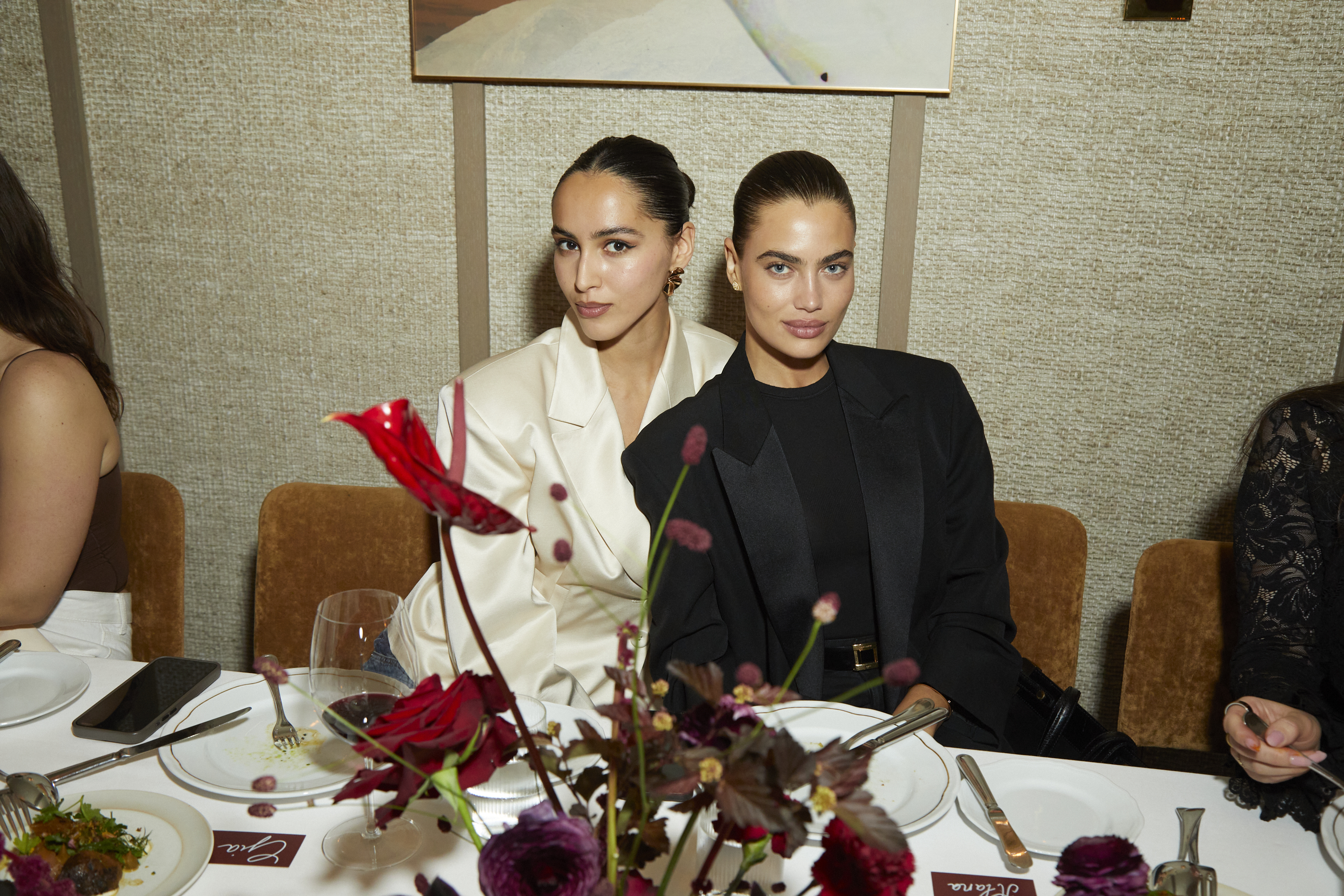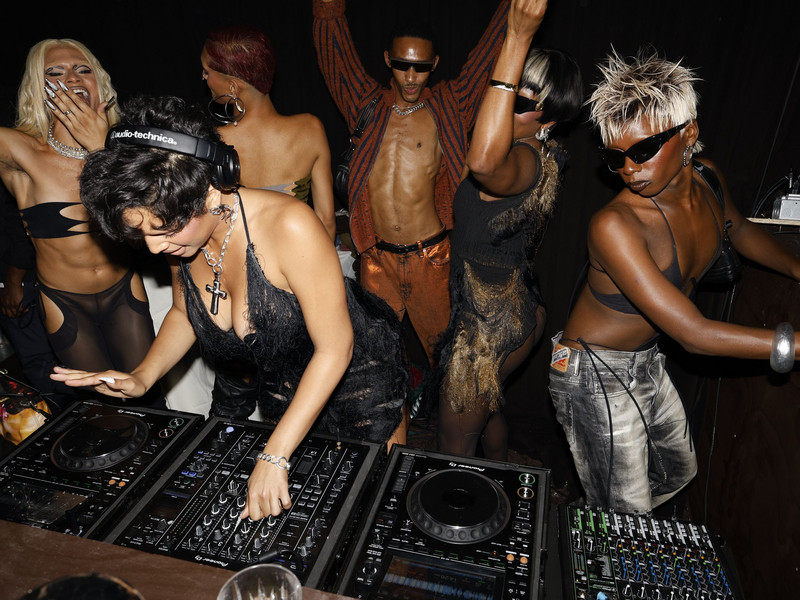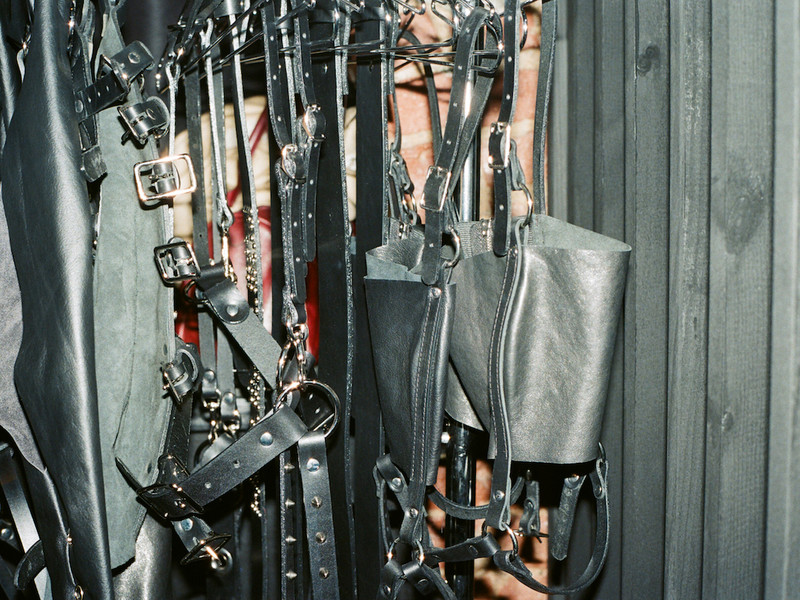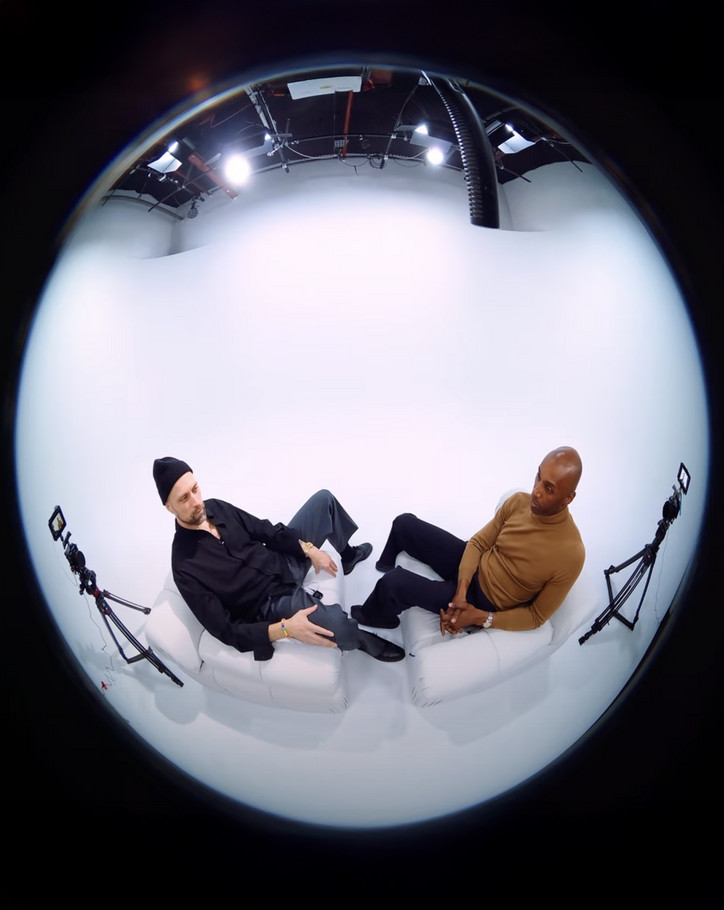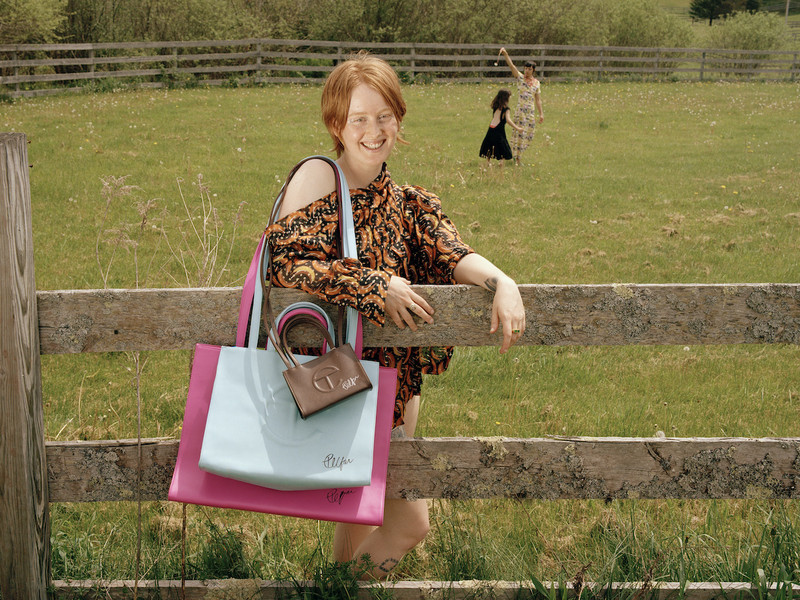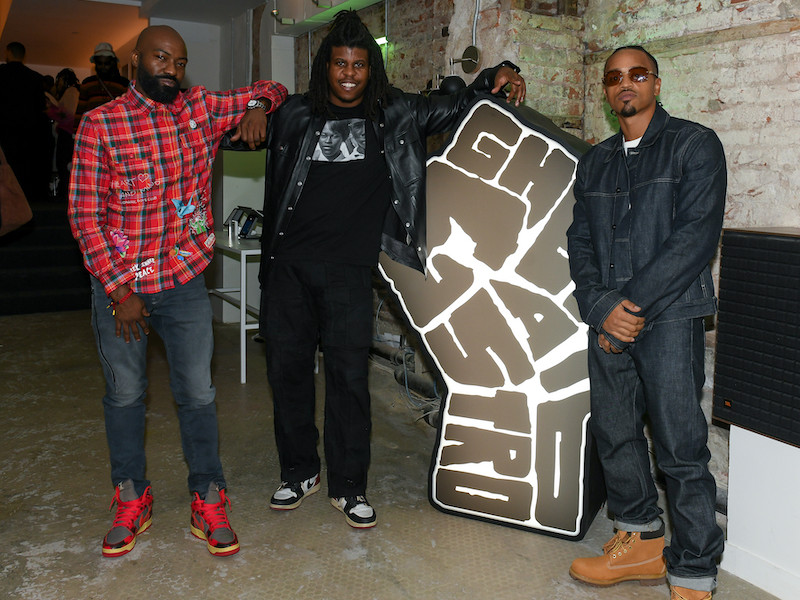A couple of hours before the event and tucked away in a crowded café in Barcelona, I was able to start a dialogue with Erika, getting to know more about her and what she hopes these salons will bring to the cultural landscape. The event was the first in what will be a series of intimate gatherings across cities manufactured to bring everything Erika Lust stands for into collective, in-person spaces. She’s a very inspiring person to have a conversation with, especially because of her rare openness in a world of increased censorship.
Is there an era of porn before the contemporary age that you are particularly inspired by?
I think that it depends on how we choose to define porn because if we talk about just explicit sex, it can go even further back to Ars Erotica which comes from all cultures. It comes from Kama Sutra and Shunga and has been around since forever. But then if we think about what people normally recognize as porn today, it's photography or video, right? They don't think about art as porn. They don't think about paintings. They don't think about literature as porn even though audio-erotica is starting to become more of a thing.
But the movies of the 60s and the 70s, they were movies. They were done by filmmakers, by artists, by people who somehow had this perspective that was reacting to a very conservative culture. They were showing a more liberal way of living through their films. If you look at their films, they were shot cinematically, they had some kind of narrative, they had visuals that were quite impressive for the times and were even played in big theaters.
Isn't that crazy? Today, they would never...
I mean, we've done it. We've done shows in big theaters to bring the films out there and get the audiences to look at the work from a whole different perspective. We wanted to bring it into the communal experience instead of just, you know, yourself [alone] in the bathroom with your mobile phone [laughs].
[laughs] Yep. The salon is another way of doing that because it brings those visuals into a shared space with other people. What do you think that means today?
I think it means a lot. It's very, very interesting to bring it back because this was part of the world before technology started to isolate us and make us into these robots that are connecting, not with the person we're sitting in front of, but through our mobiles. It's quite absurd, actually, and it's really necessary to create these spaces where people are not on their phones, but they are looking into each other's eyes and communicating. They are speaking with an open heart, trying not to be afraid of saying something wrong and being judged.
We need to be very aware of the censorship that we are committing towards ourselves. I think it's dangerous. It stops the free flow of energy, thought and communication. But you only dare to do it if you feel safe. If you don't feel safe, you're not going to say what you really think so we need to create spaces where we feel safe to talk. Spaces where we feel inspired and connected.The experience of shared pornography has existed for quite a while but mostly in the experience of heterosexual, white, rich cis men in bordels [brothels]. That's where they started to share those kinds of images and part of why that particular group still feels so entitled to their pleasure, to their entertainment, to everybody serving their sexuality.
